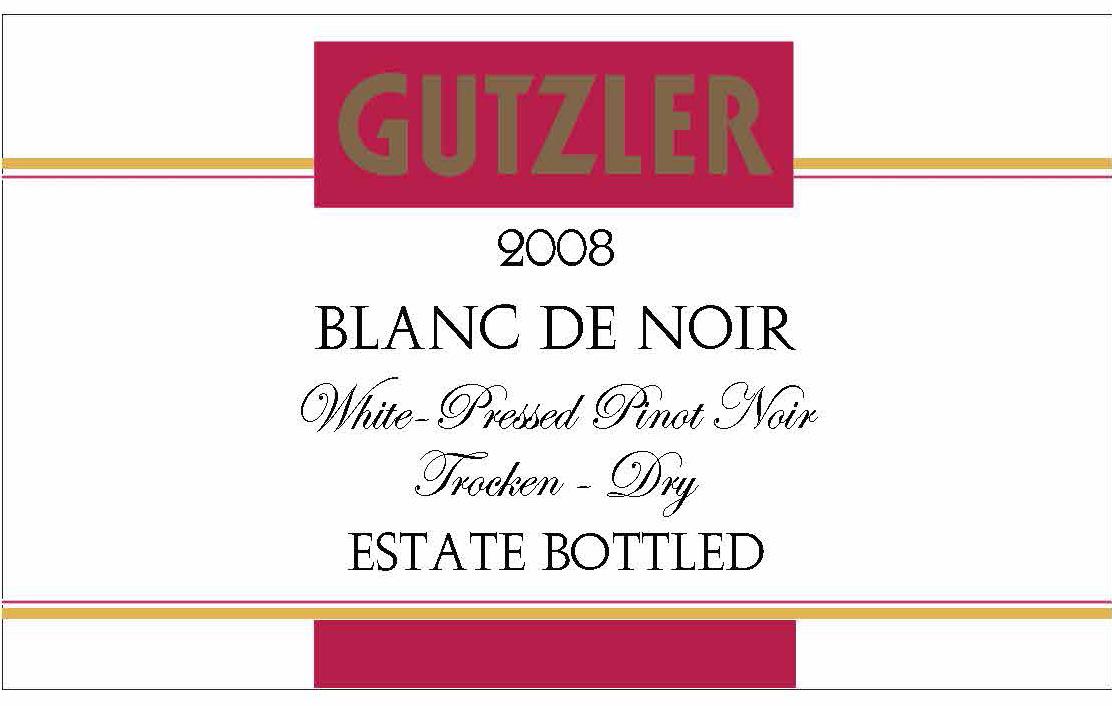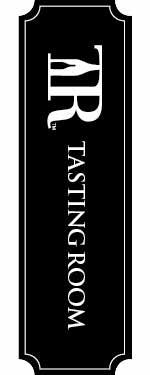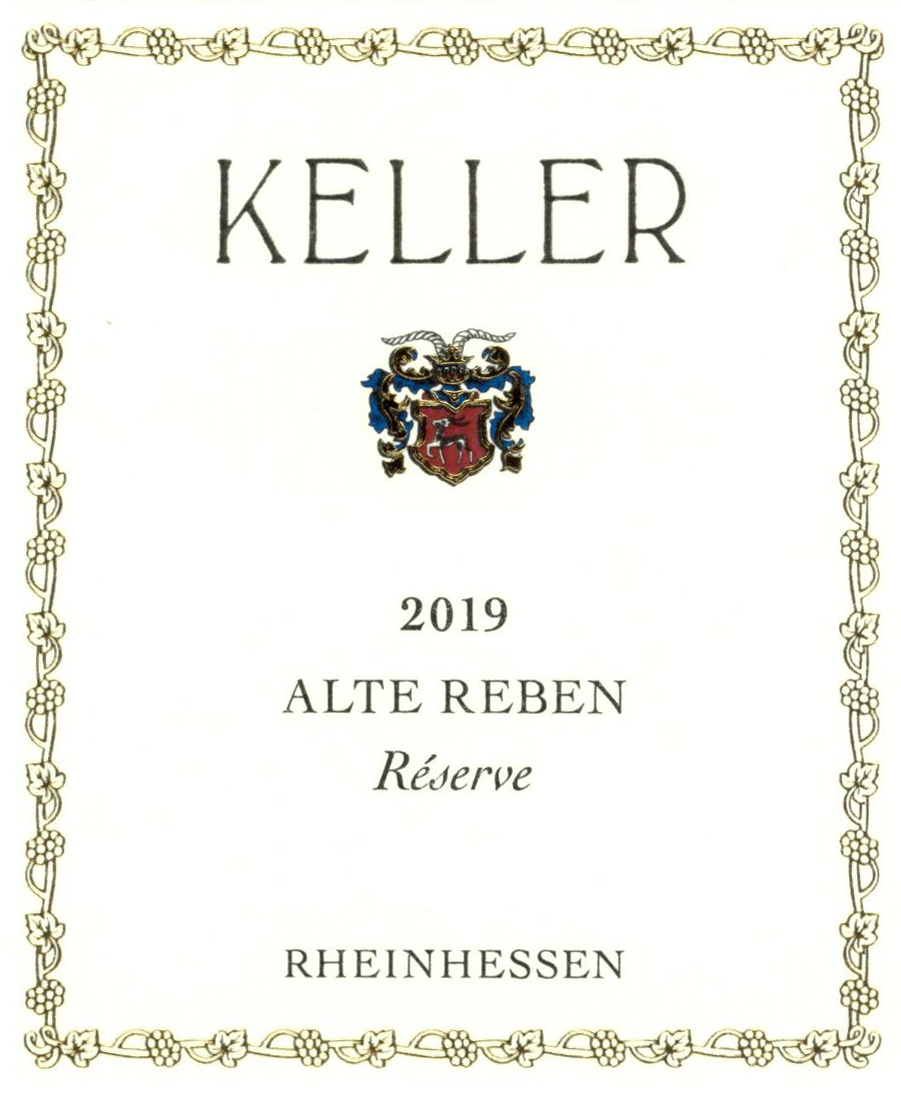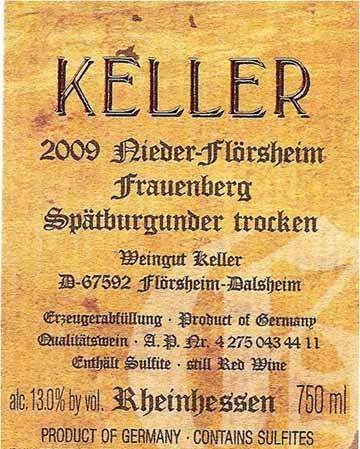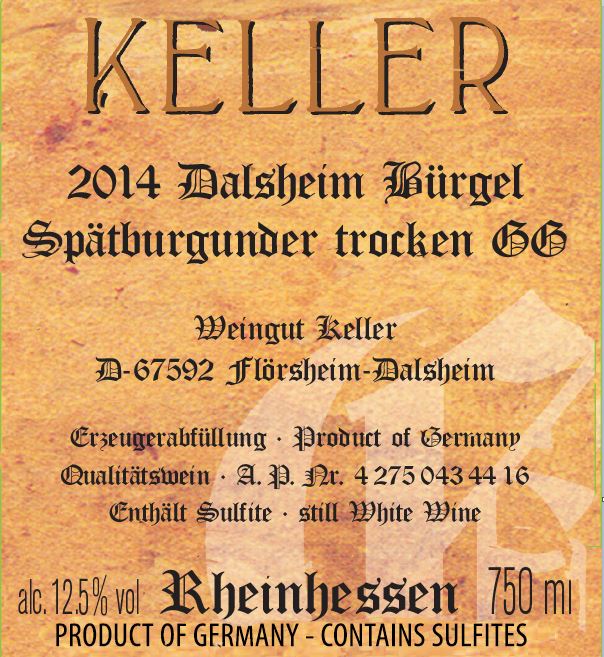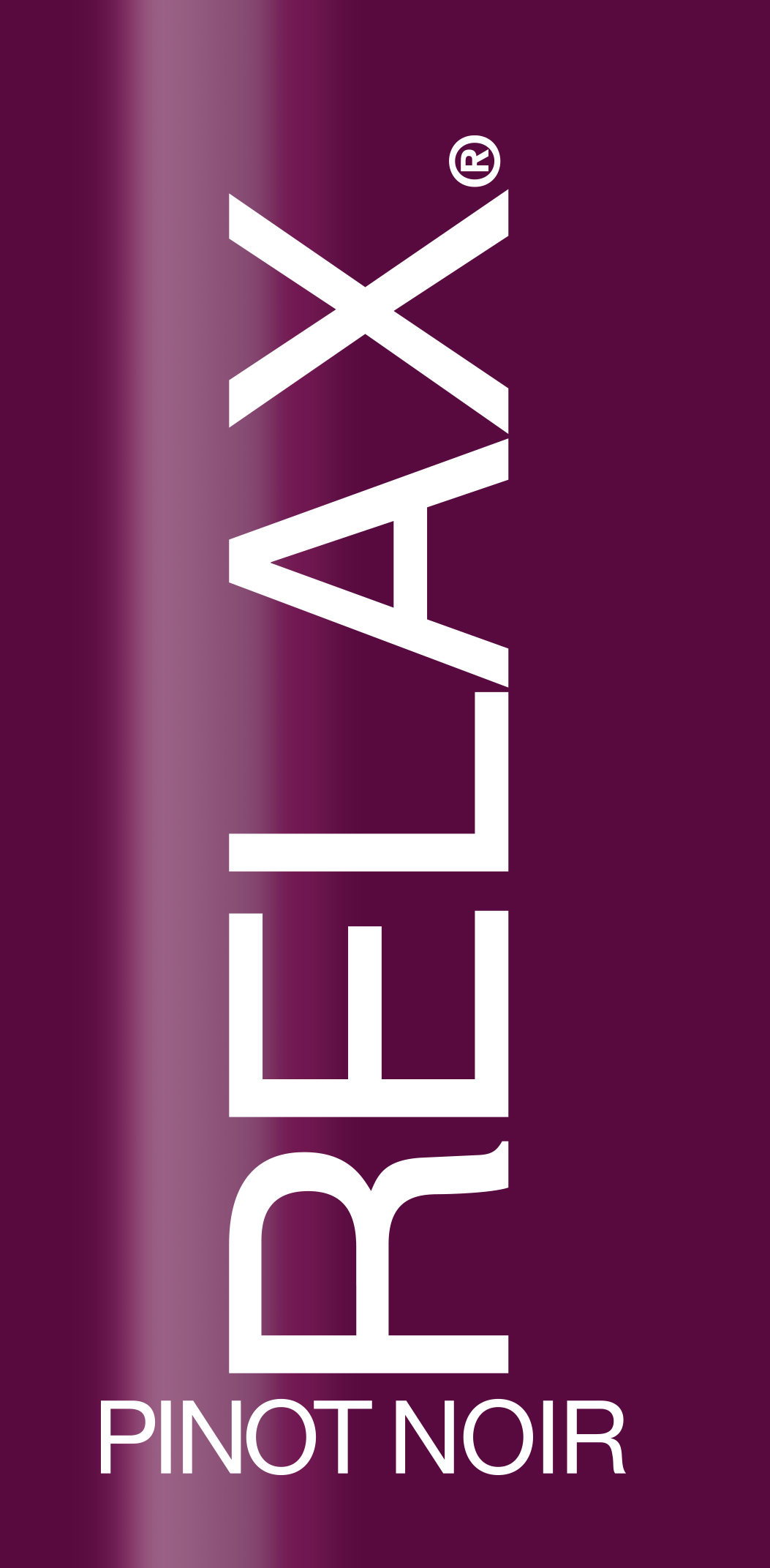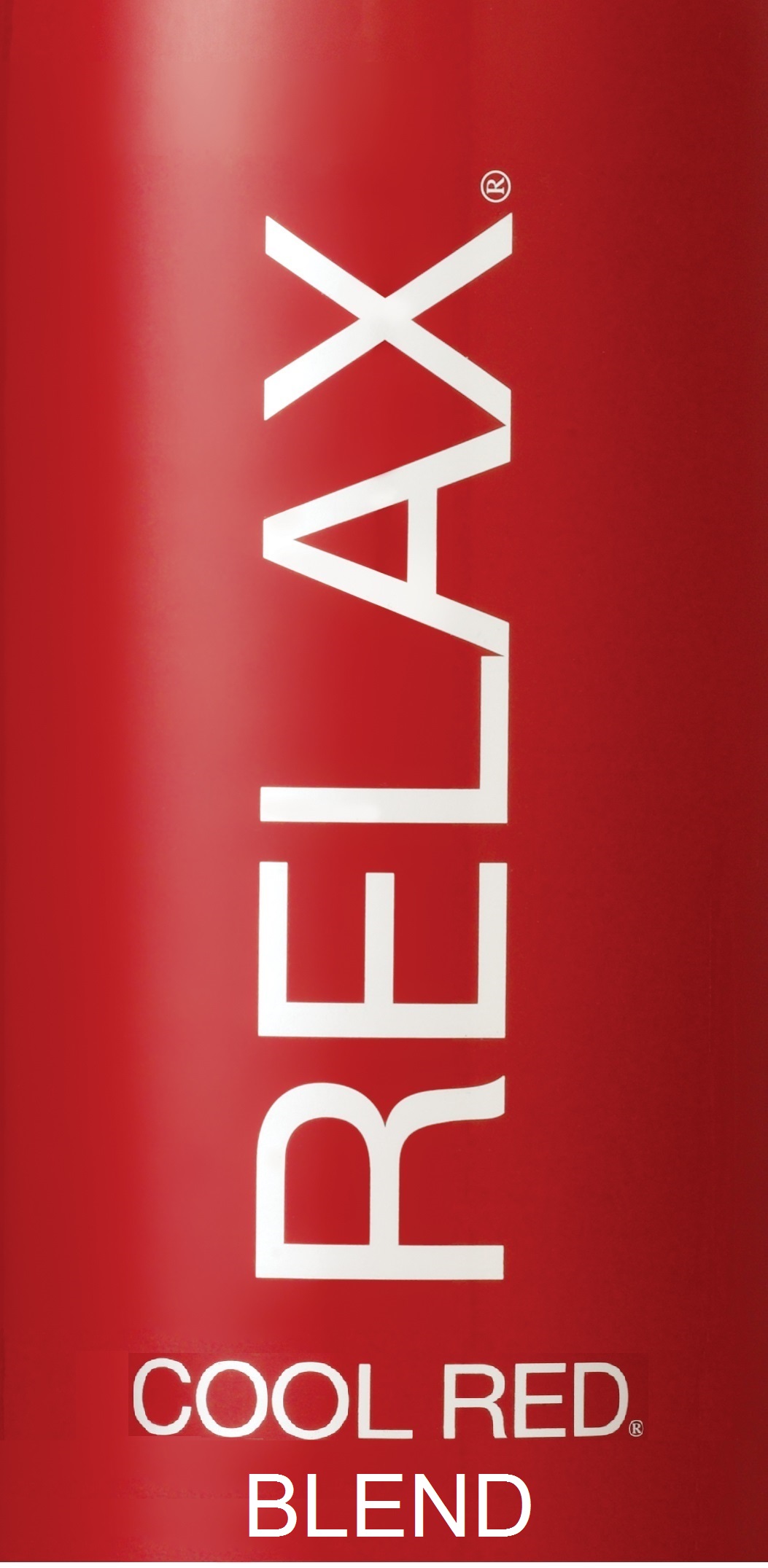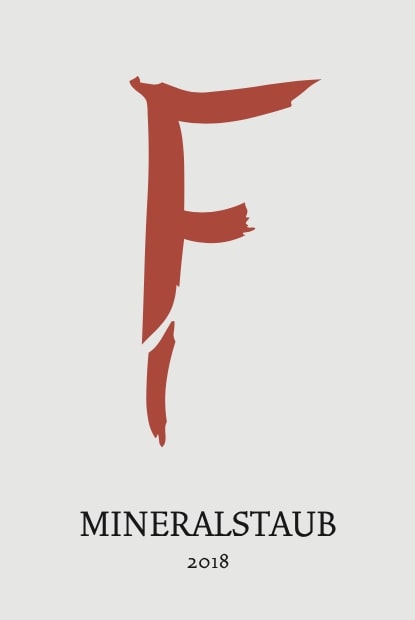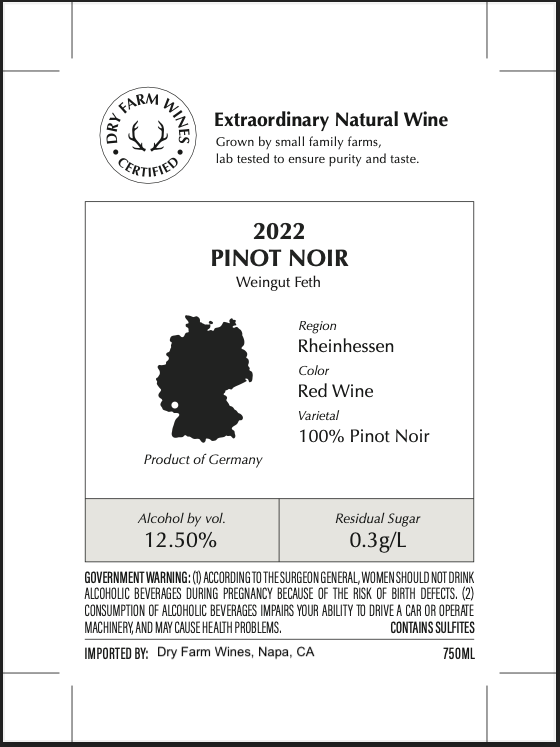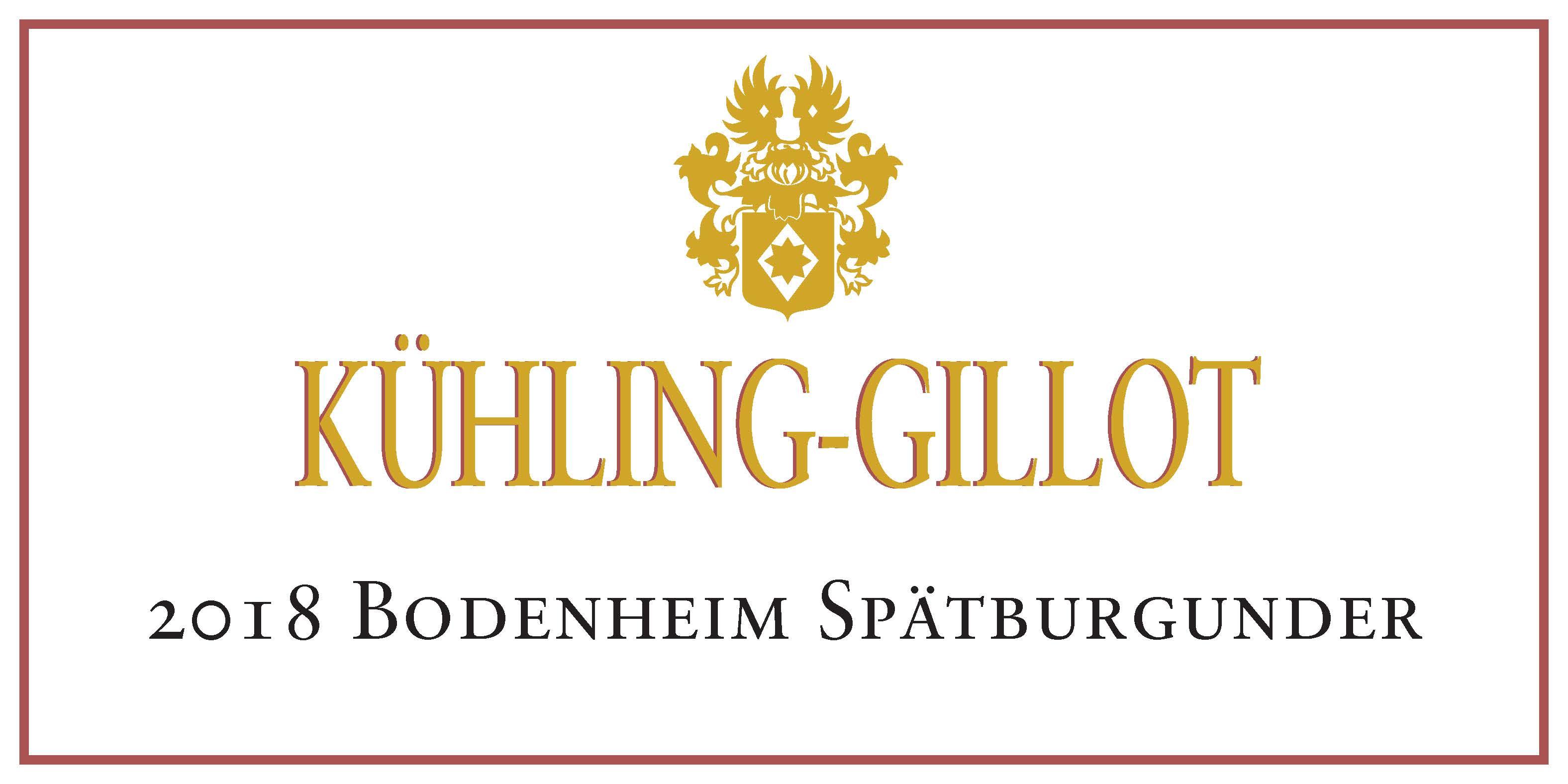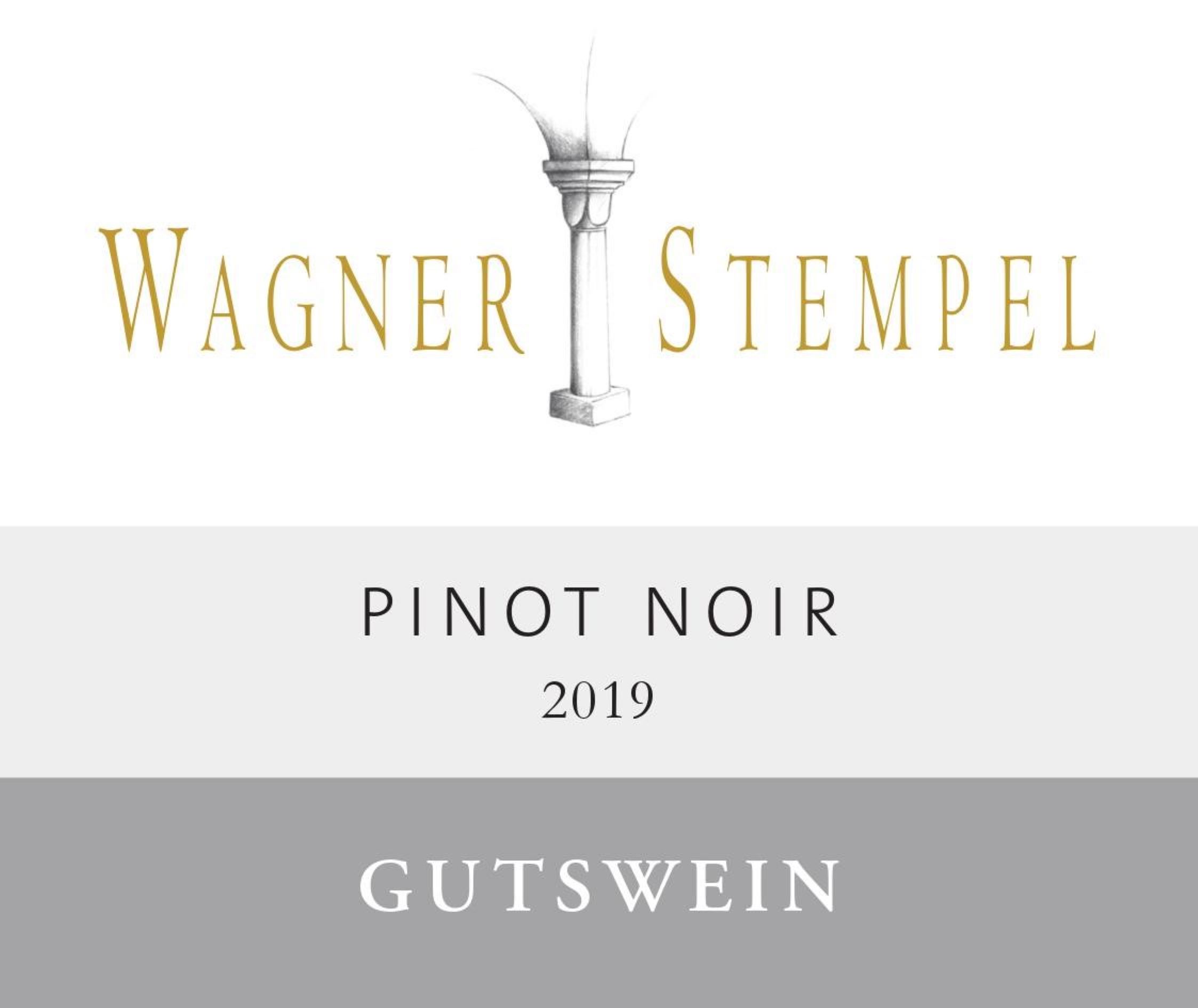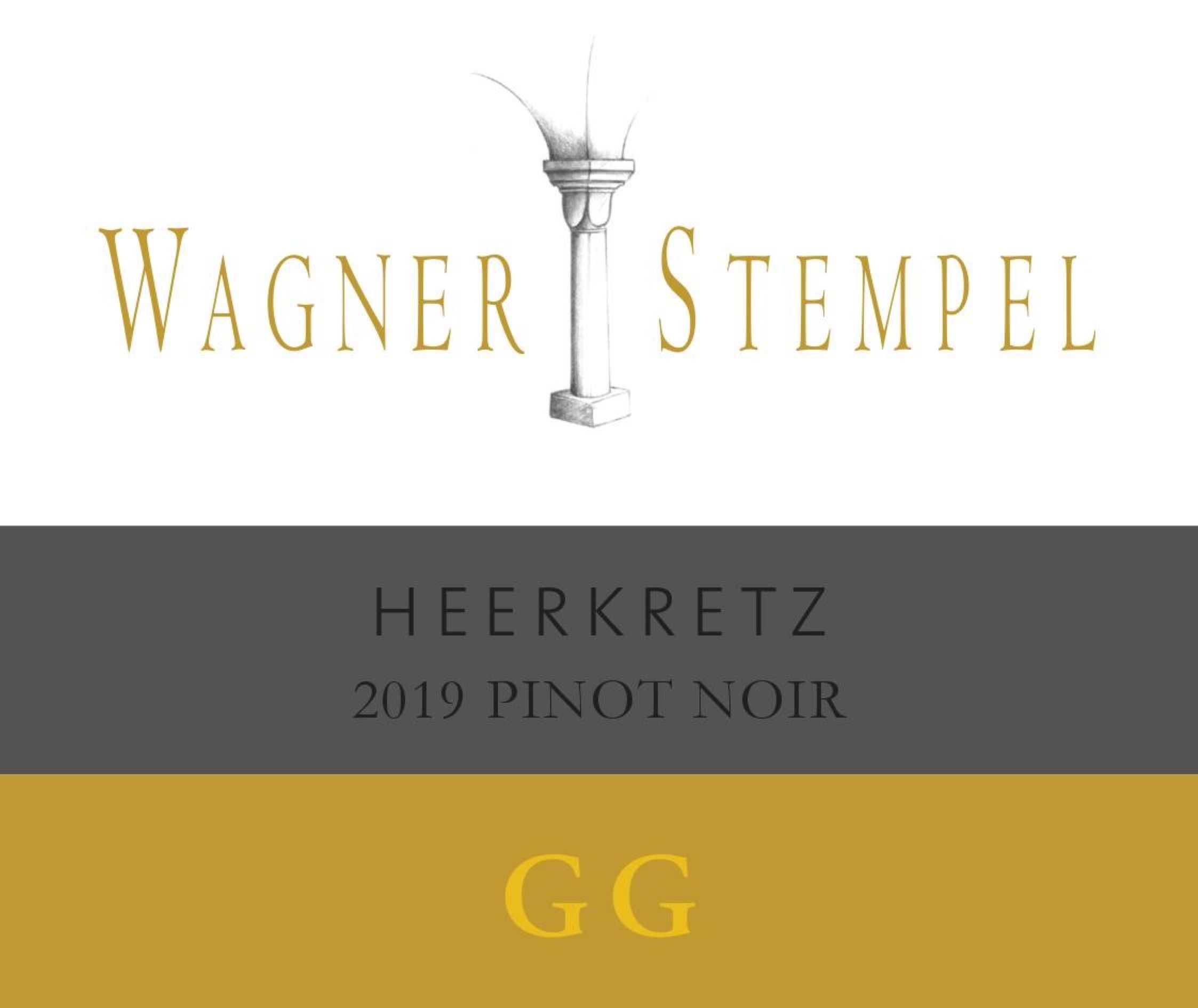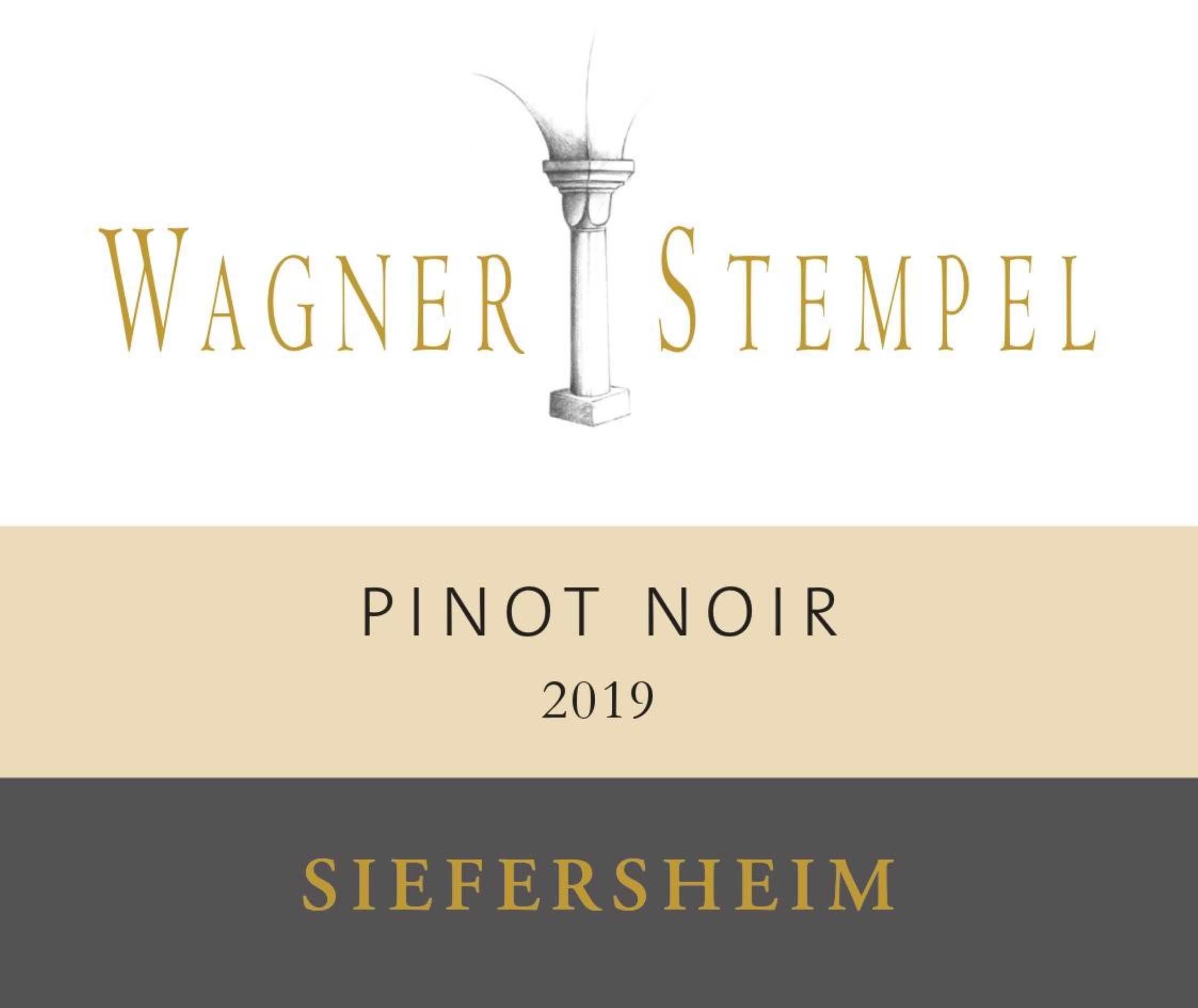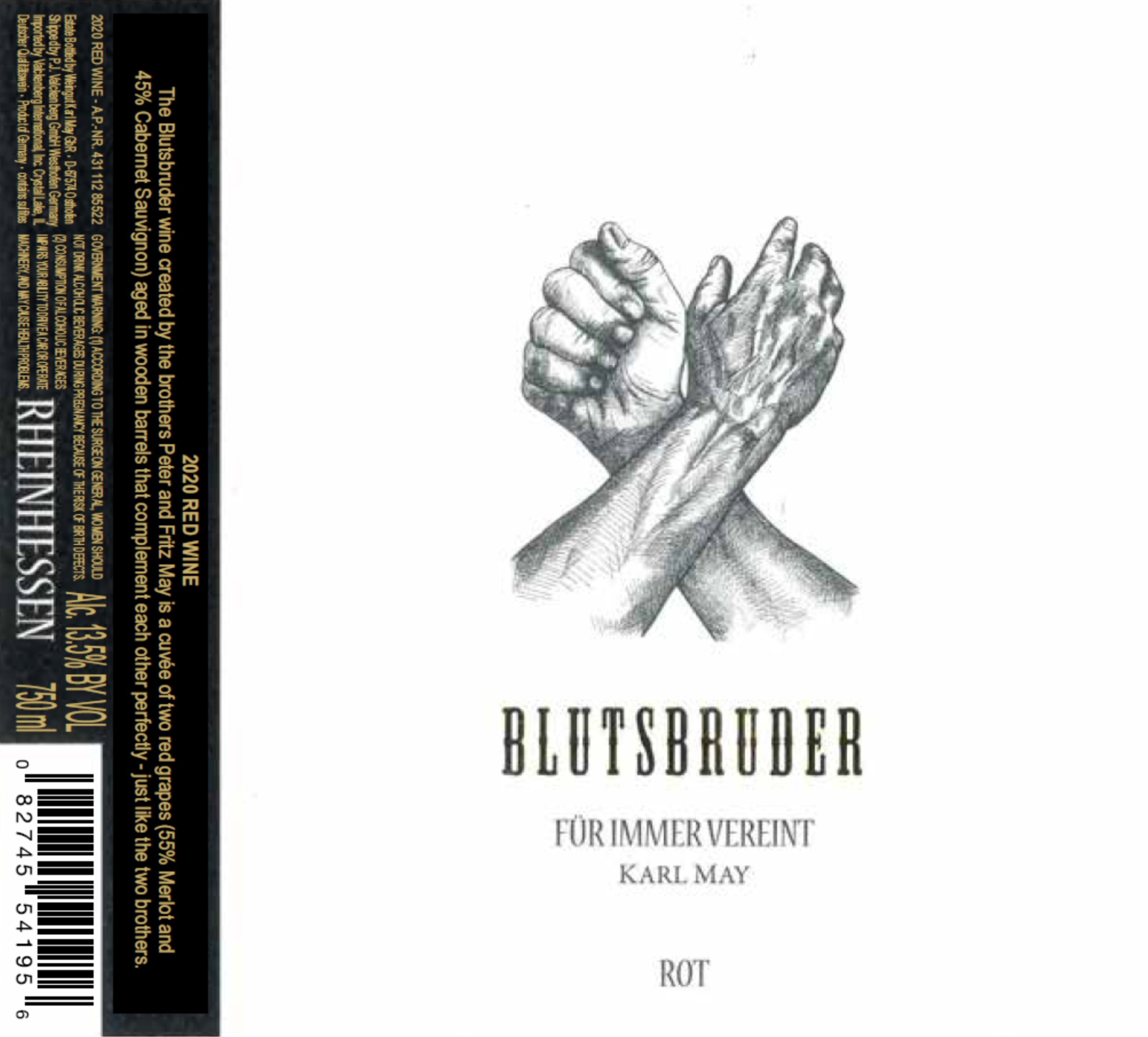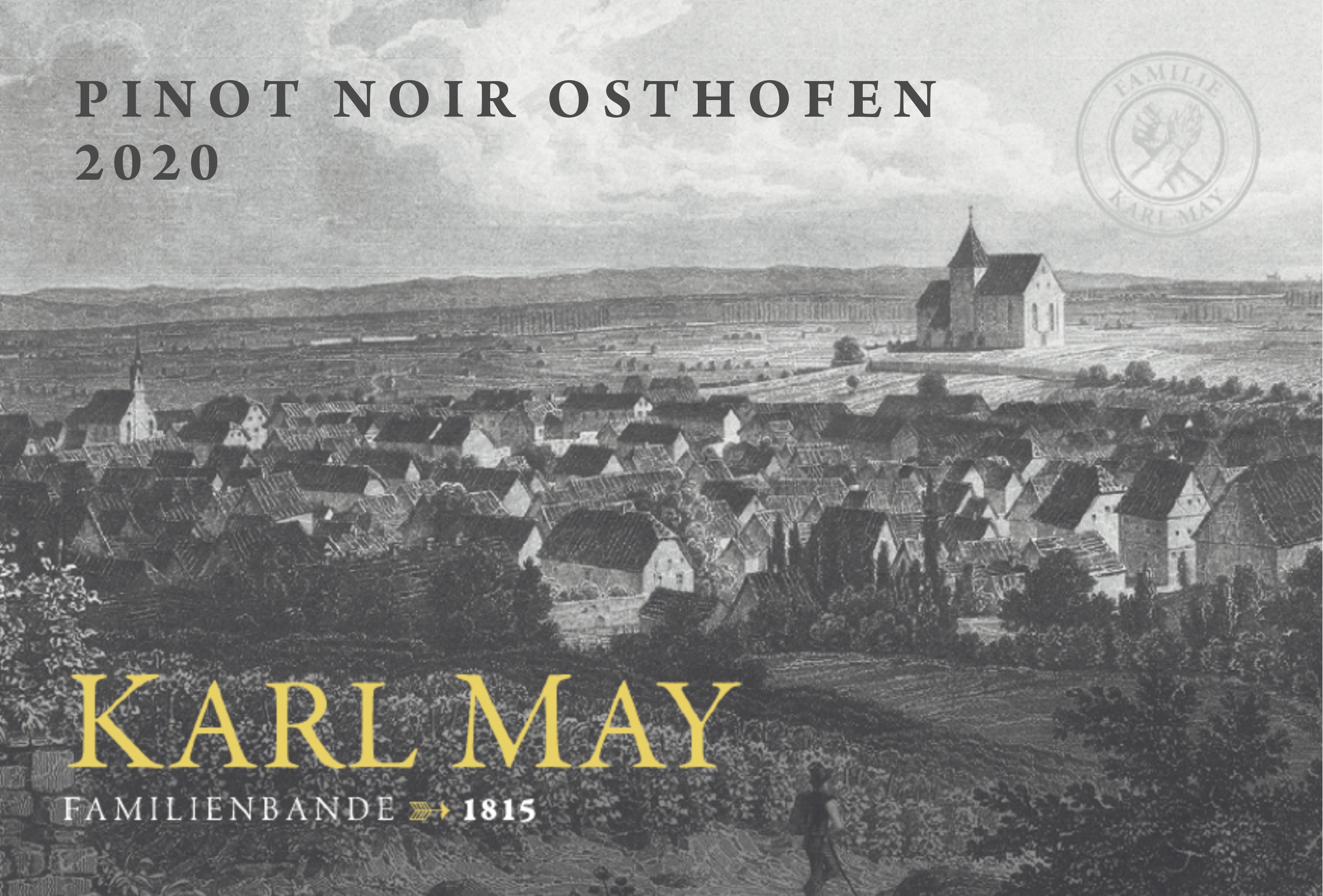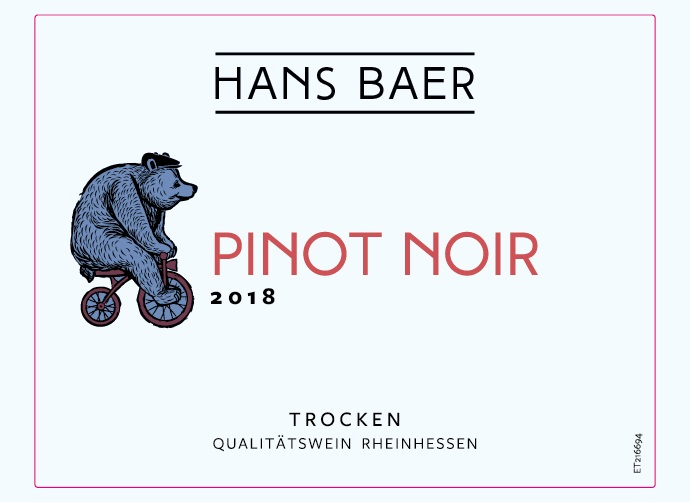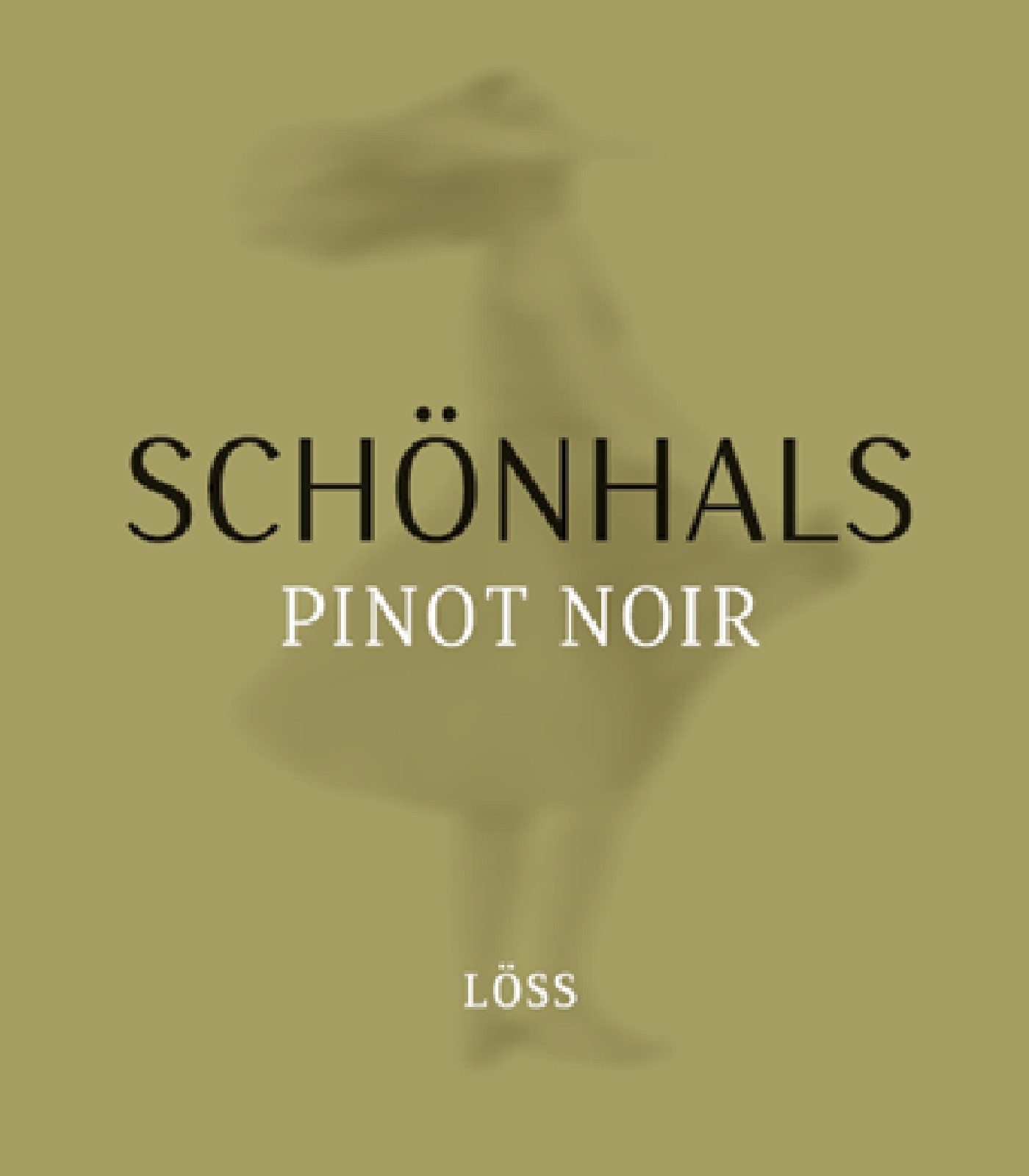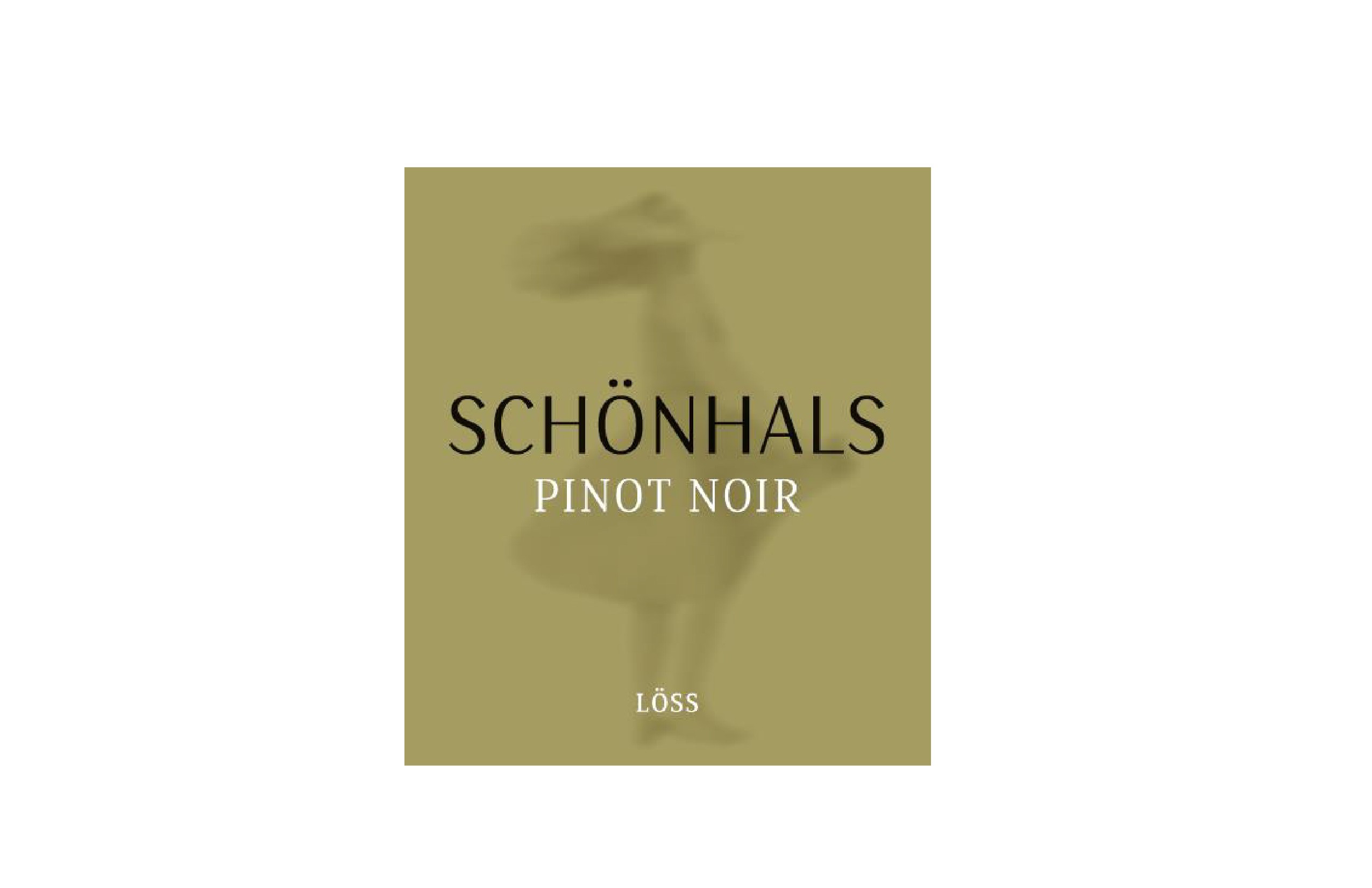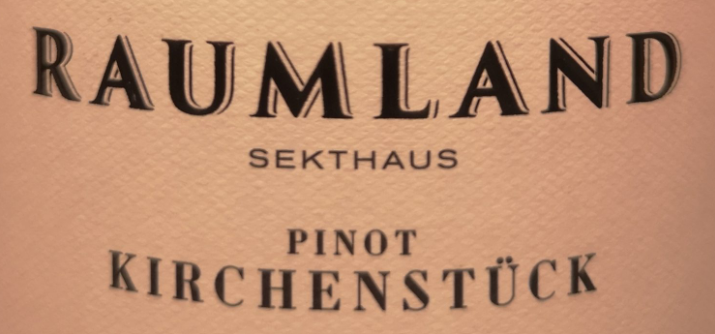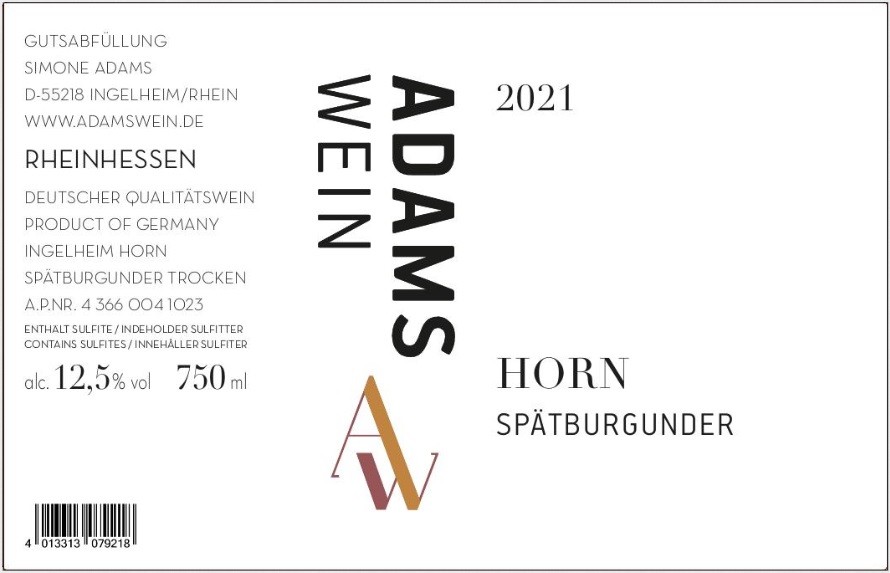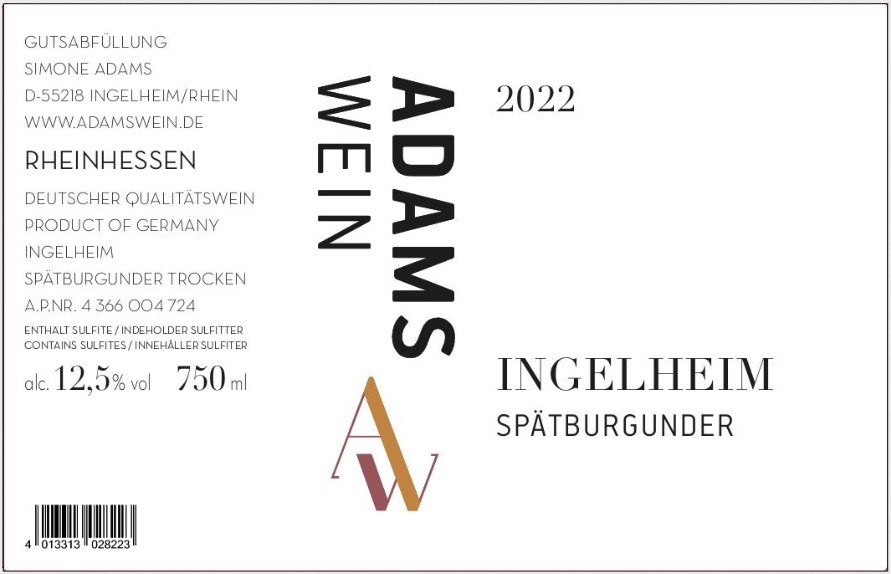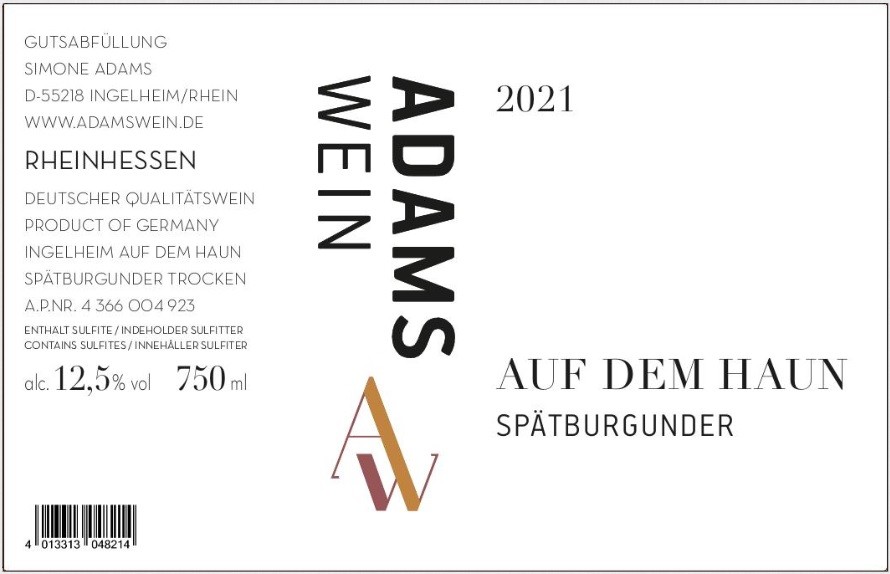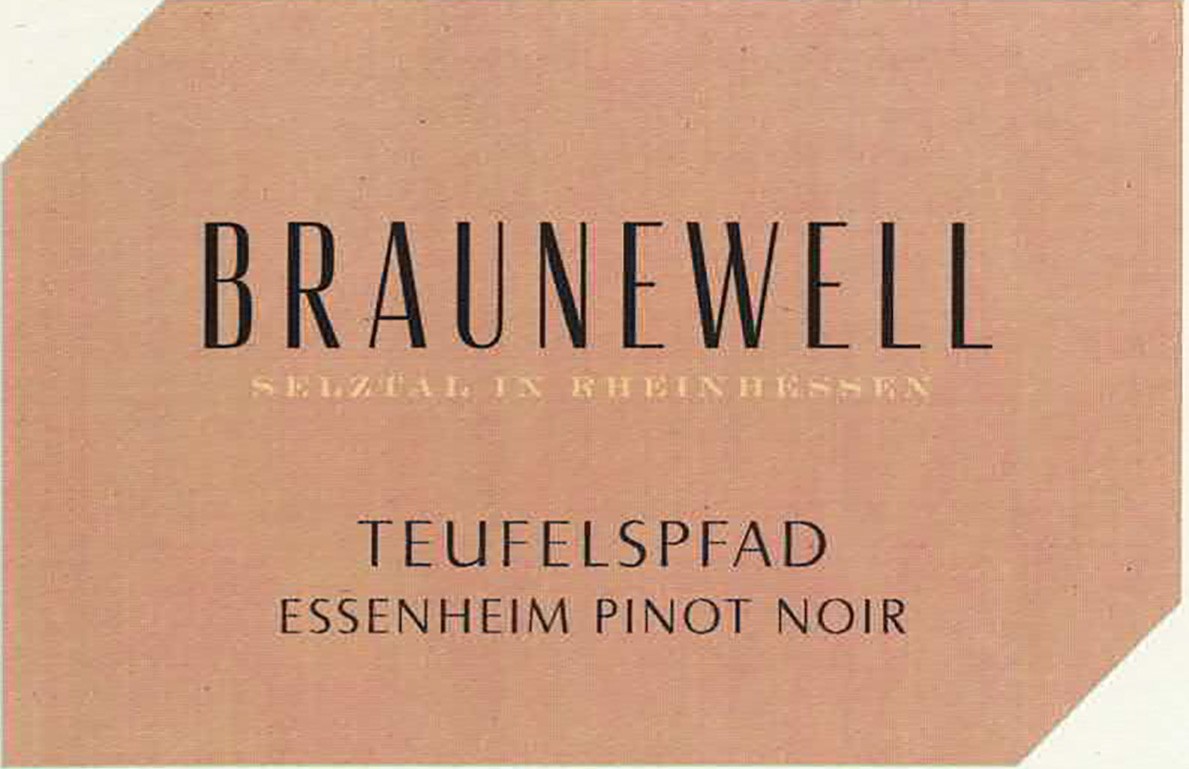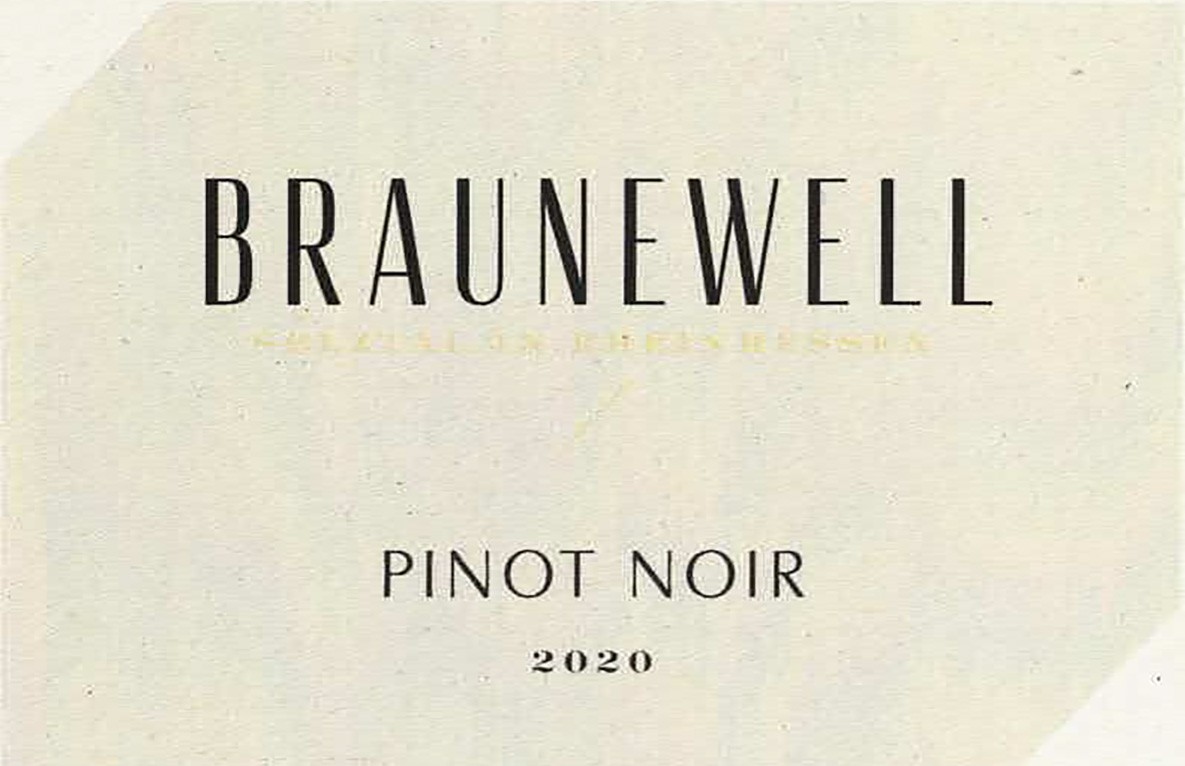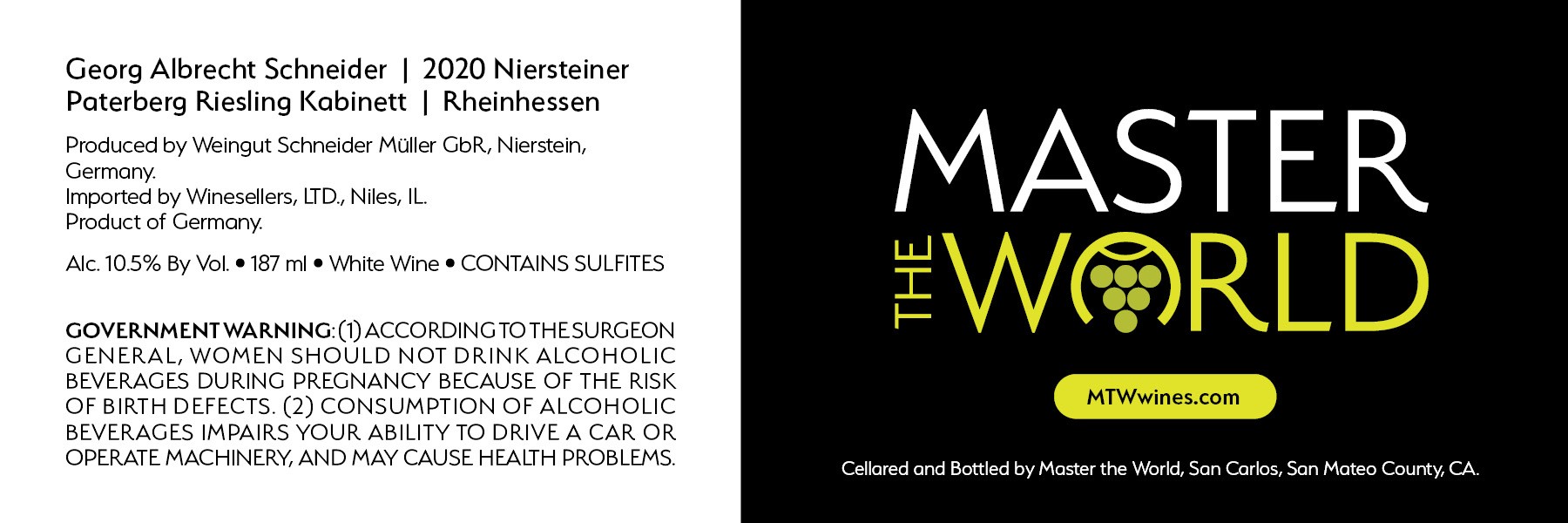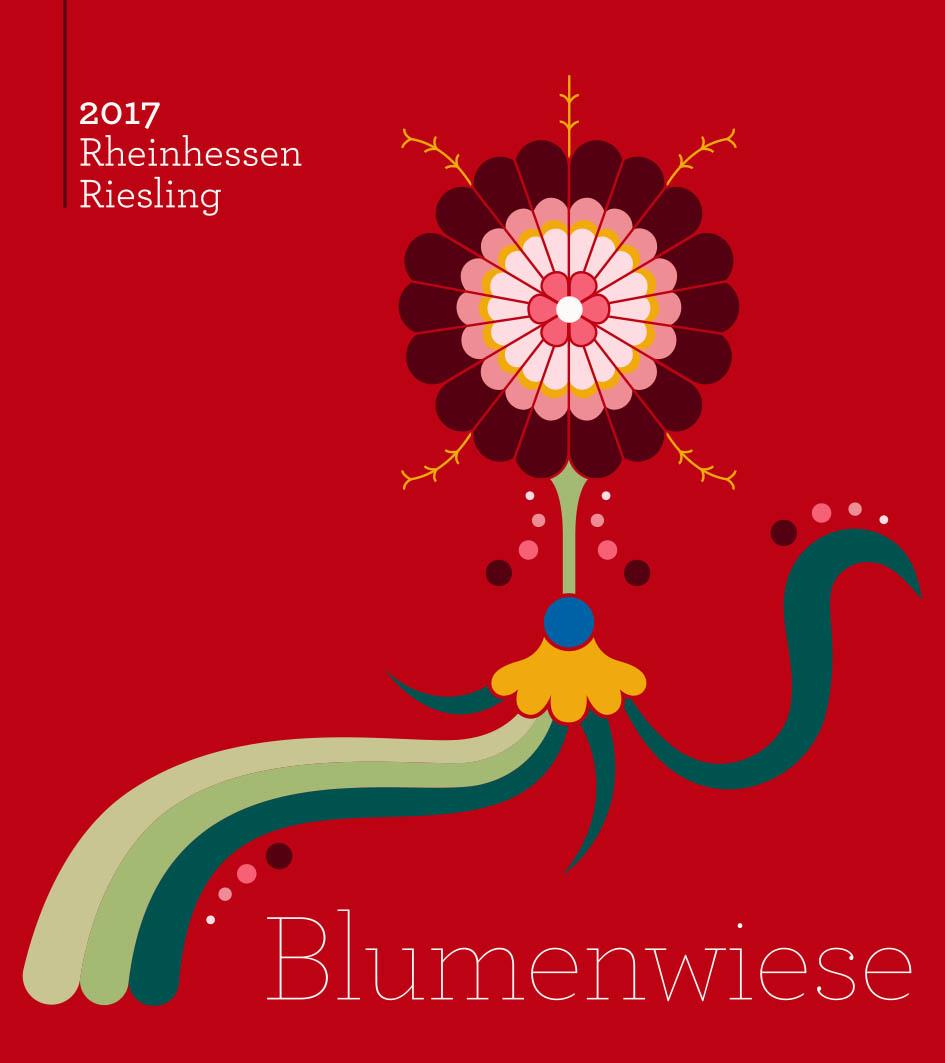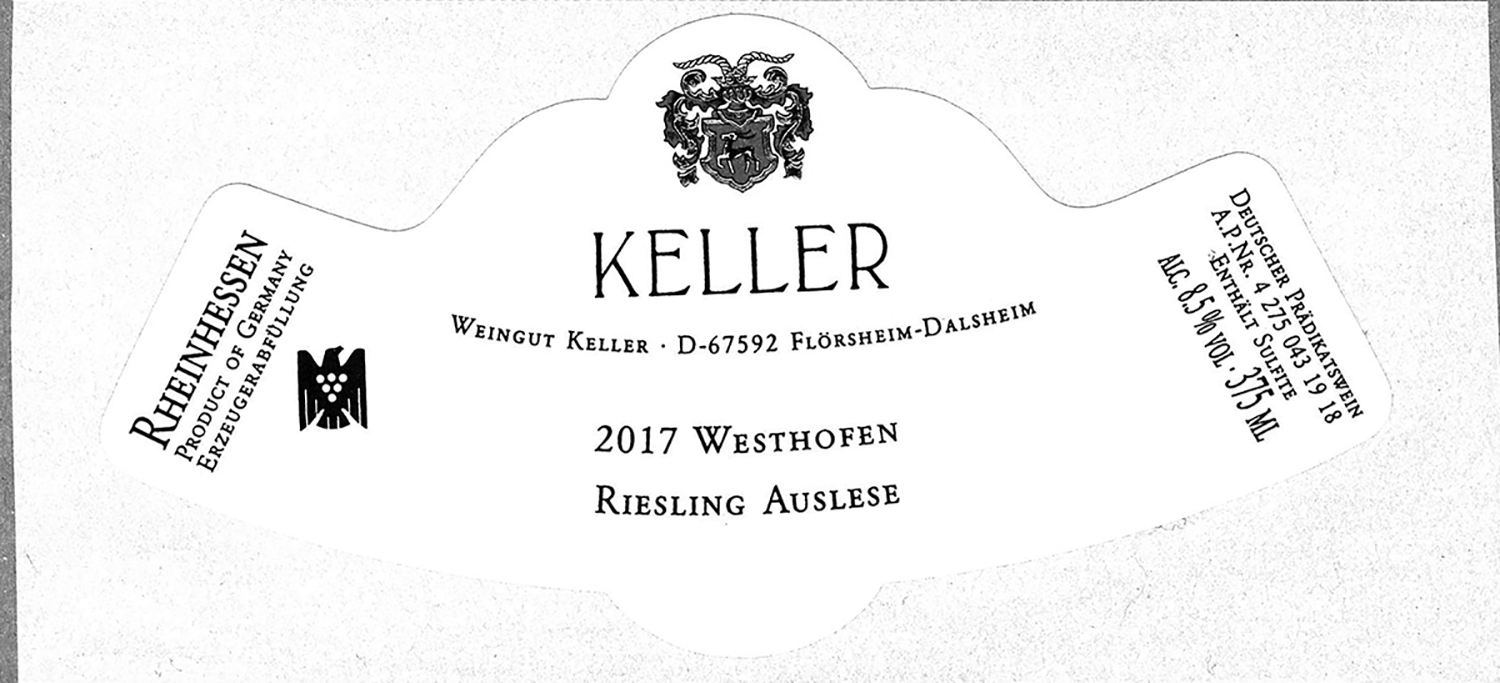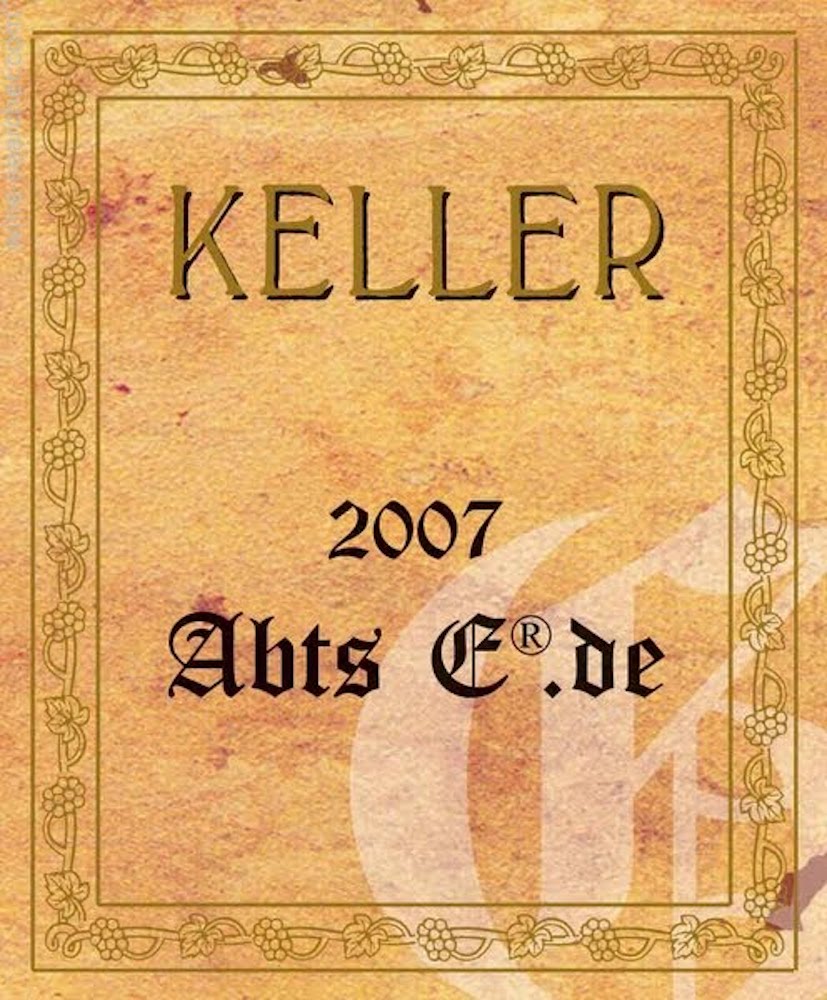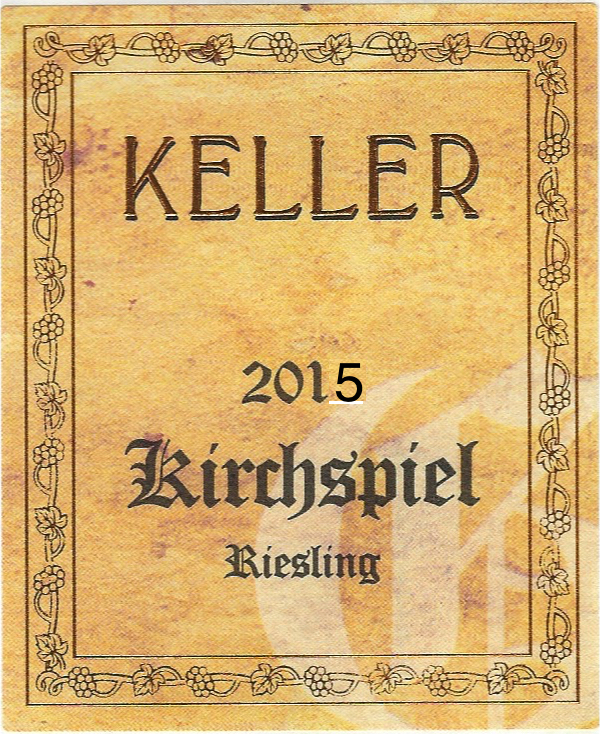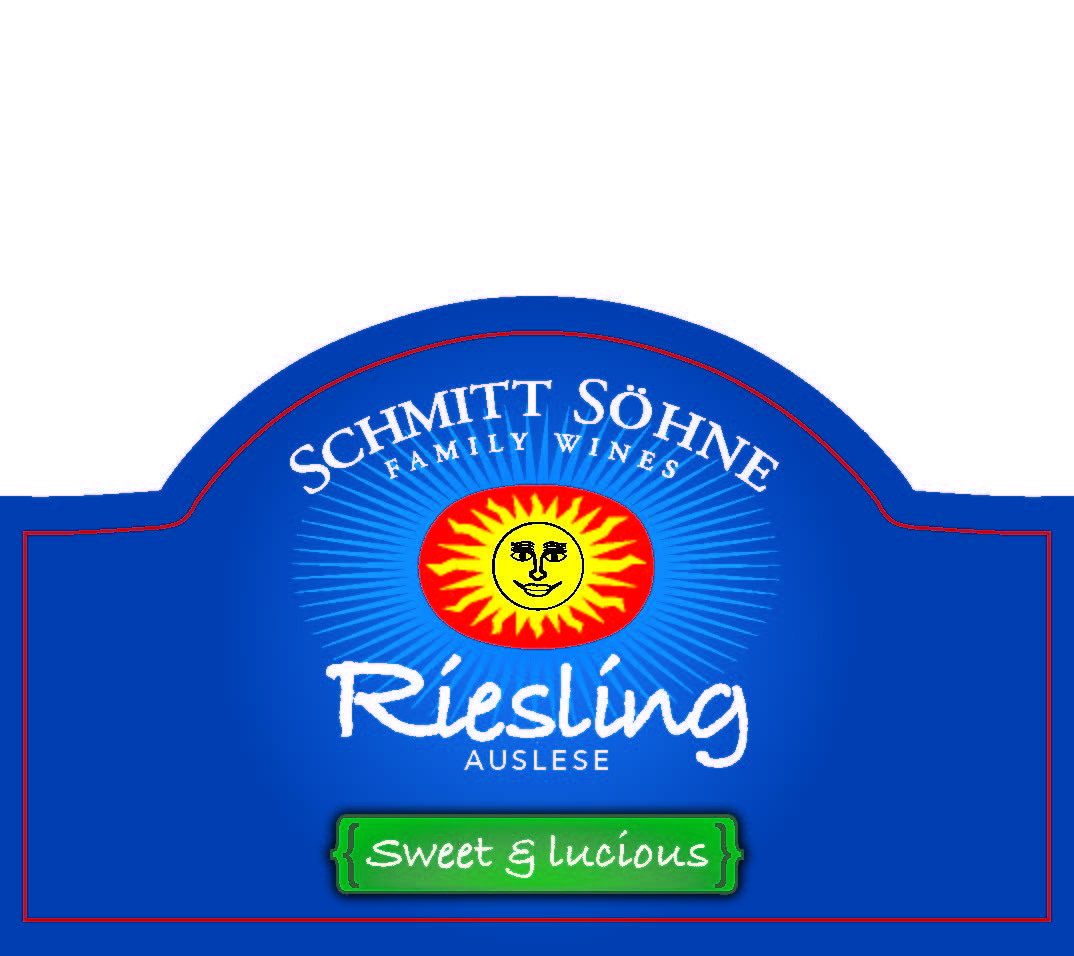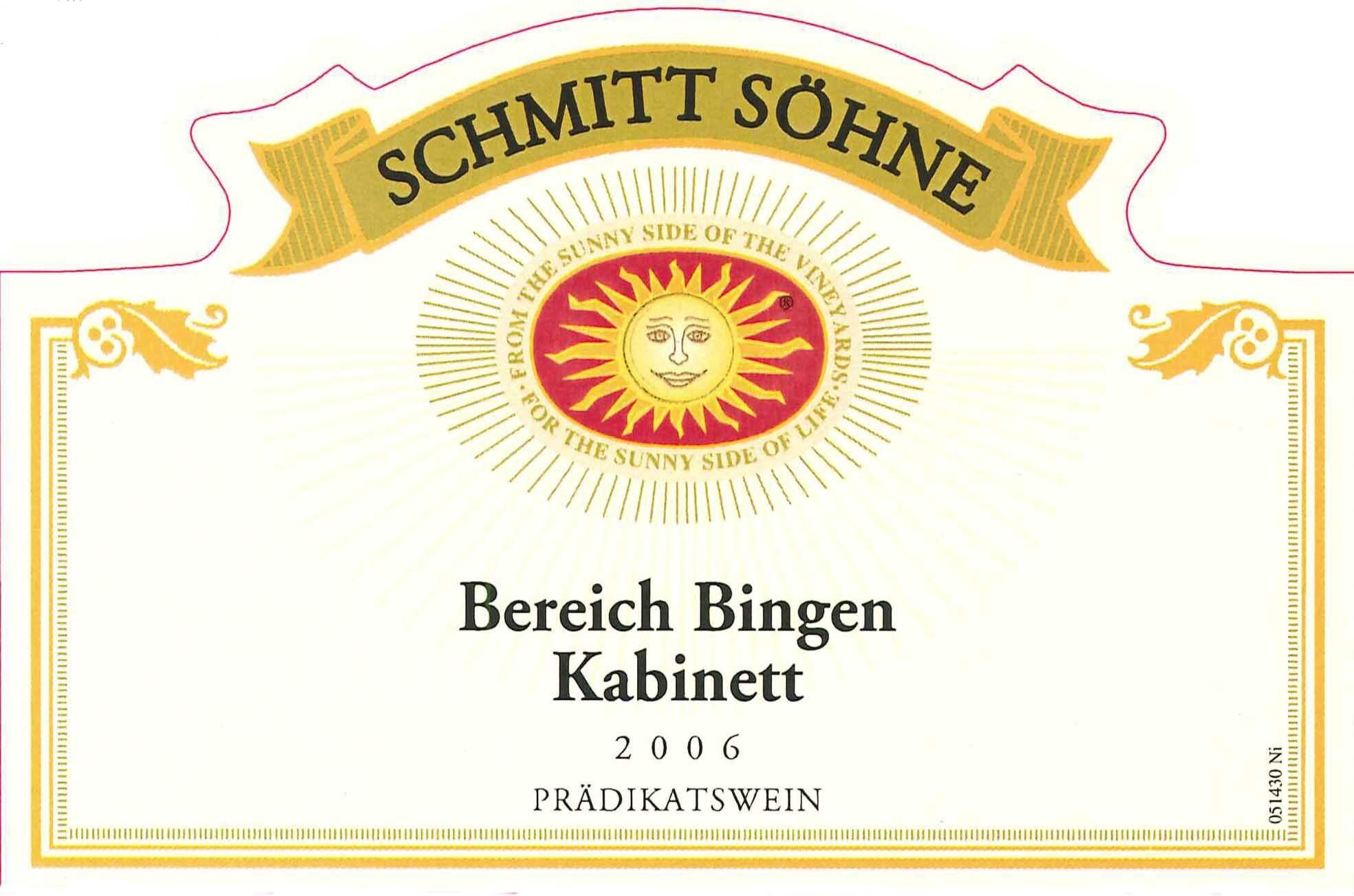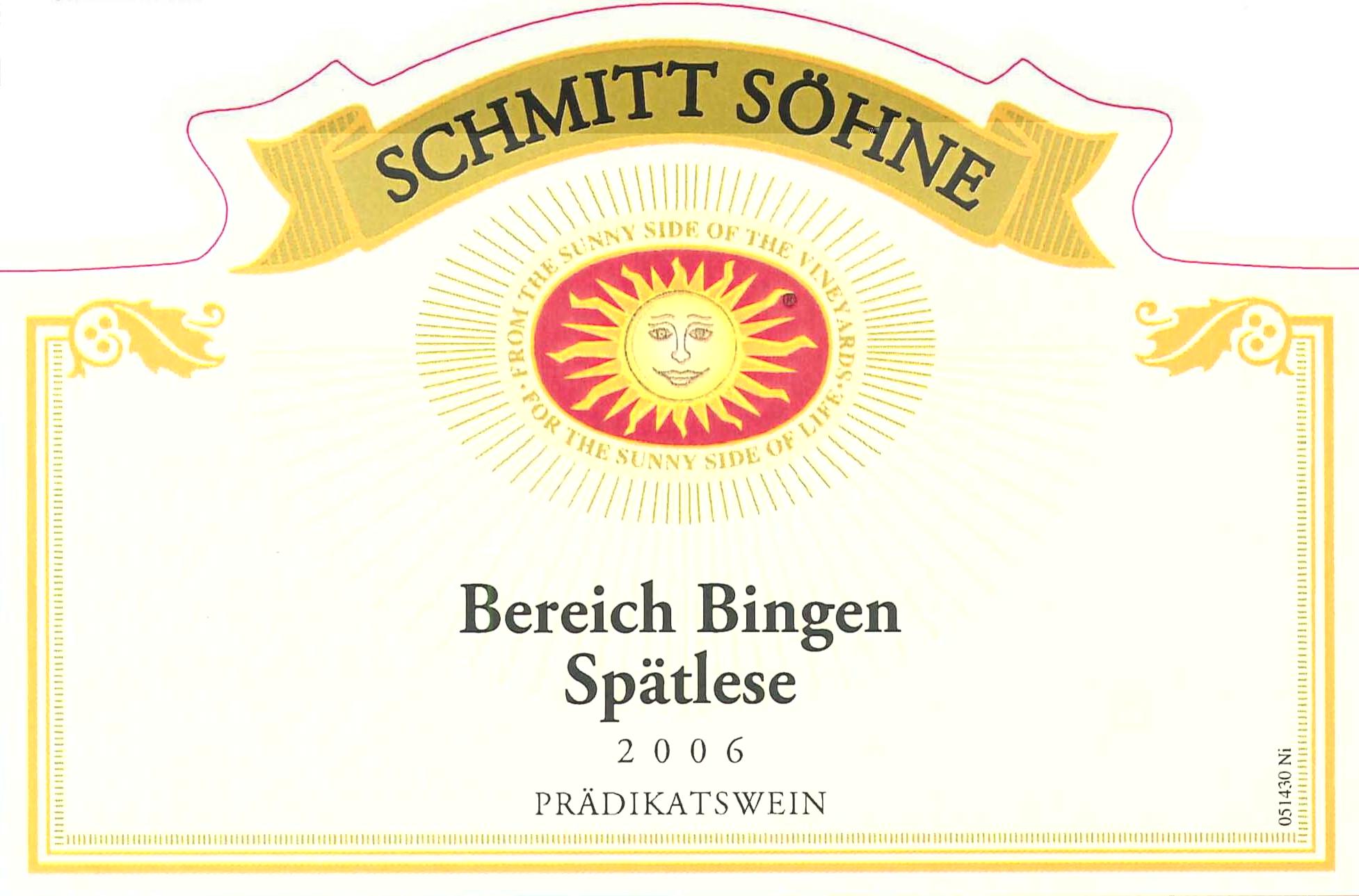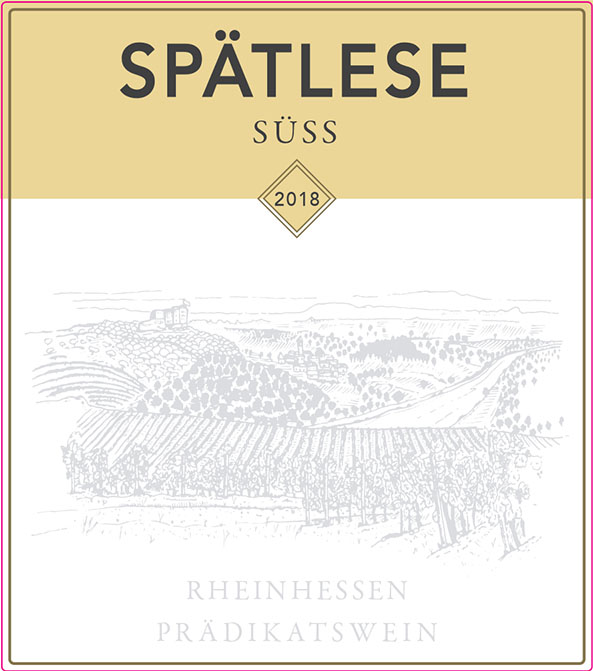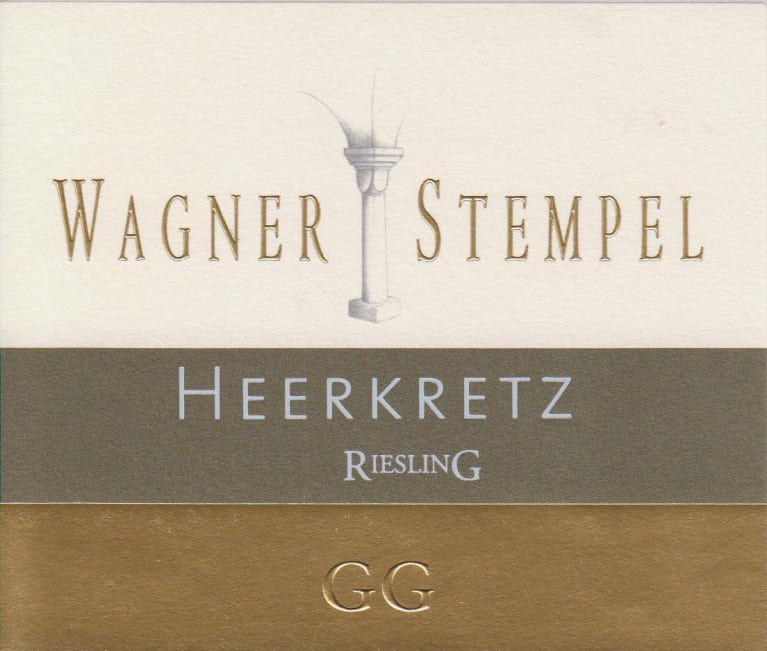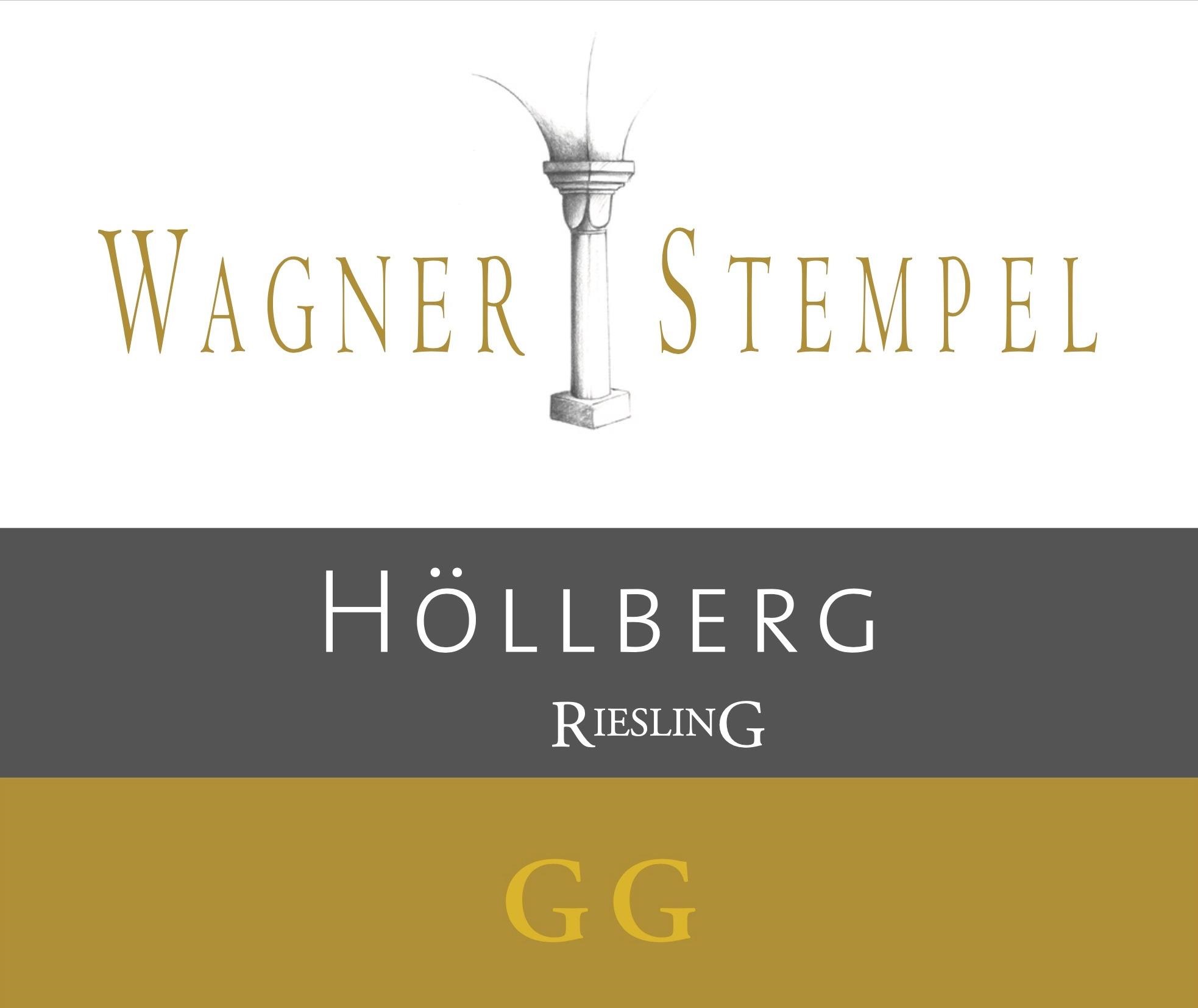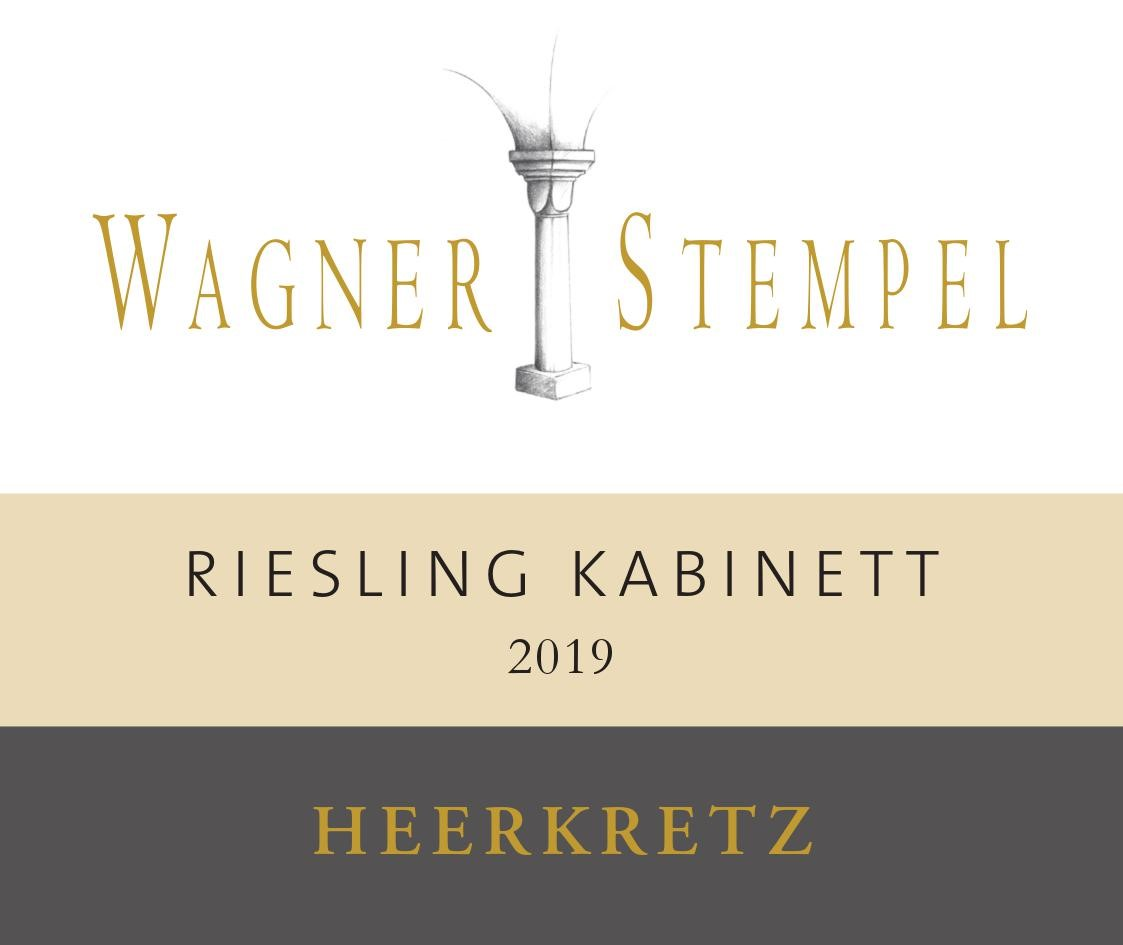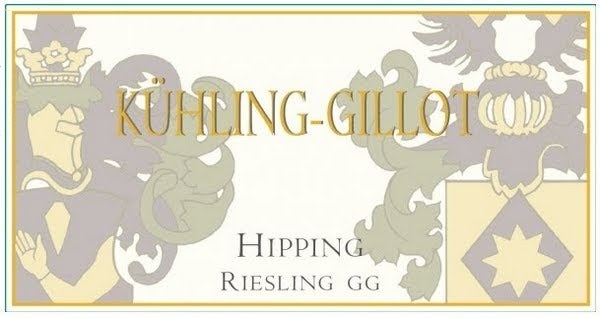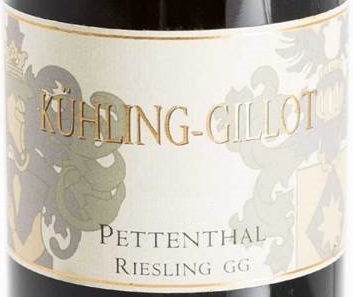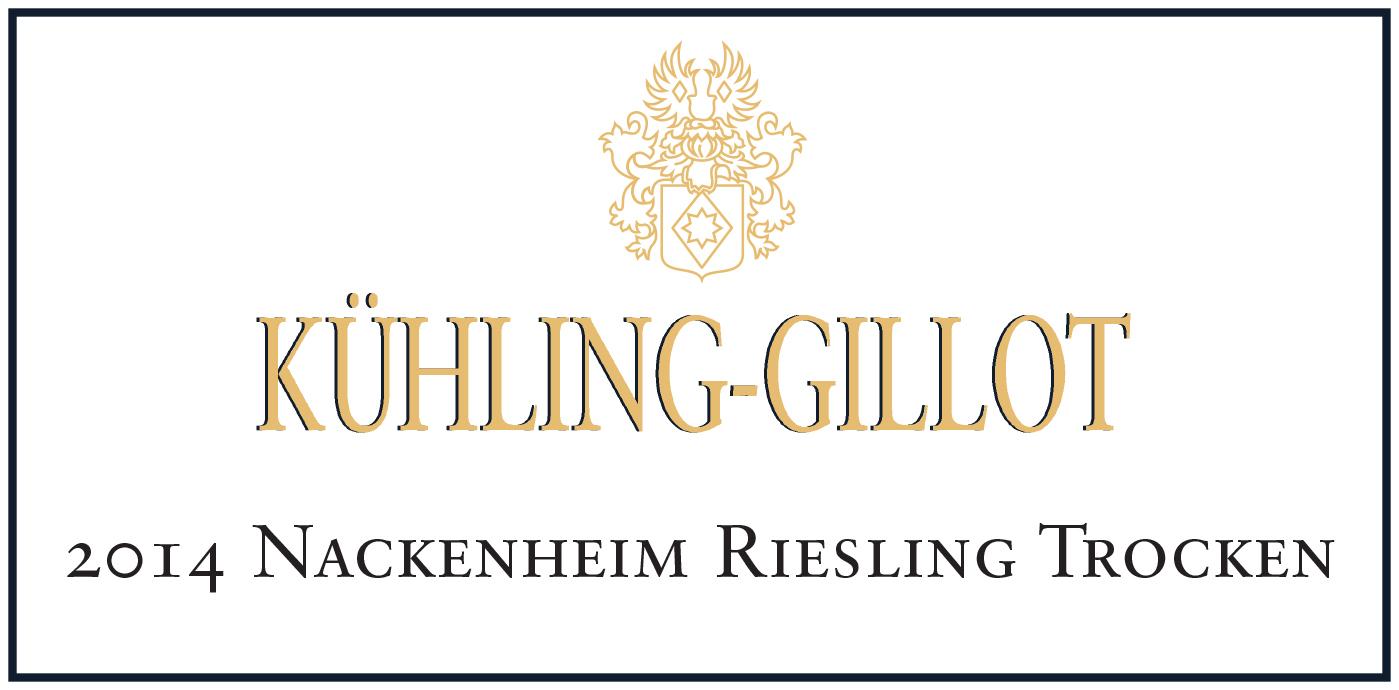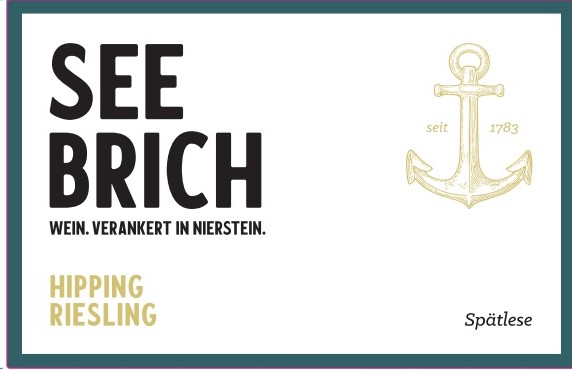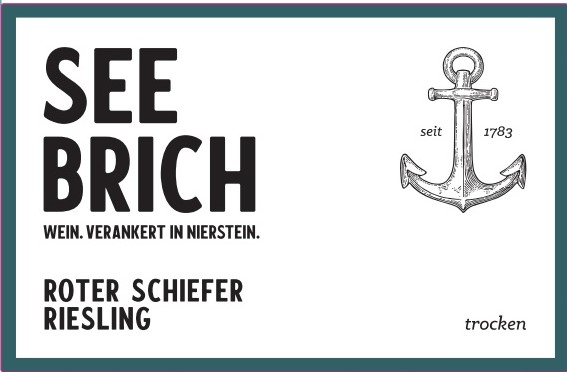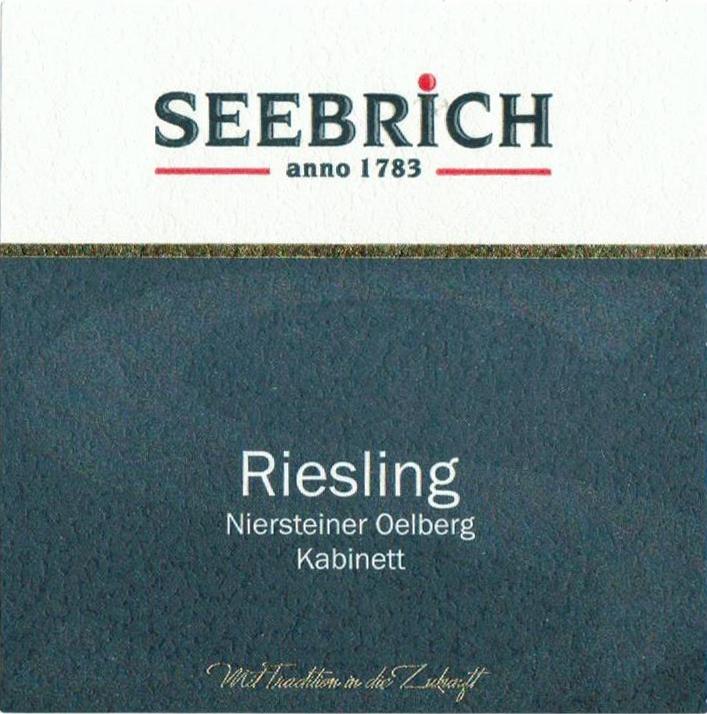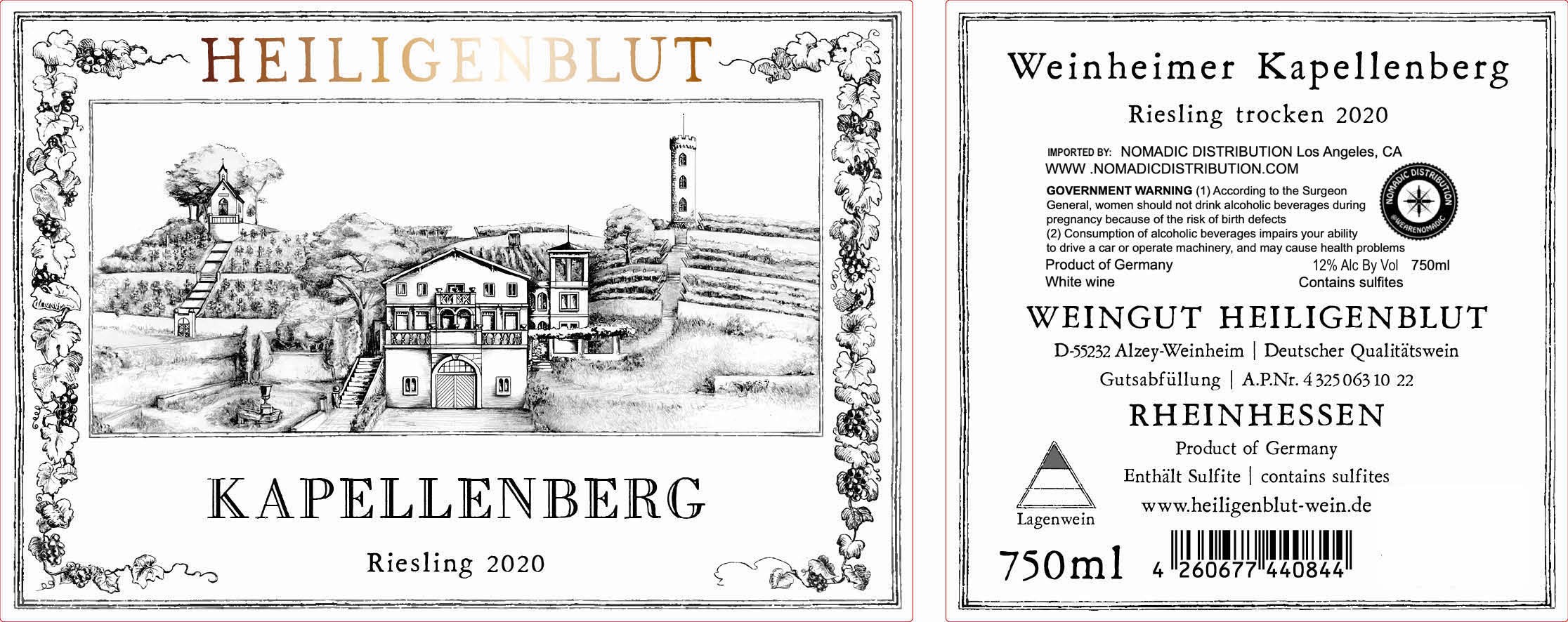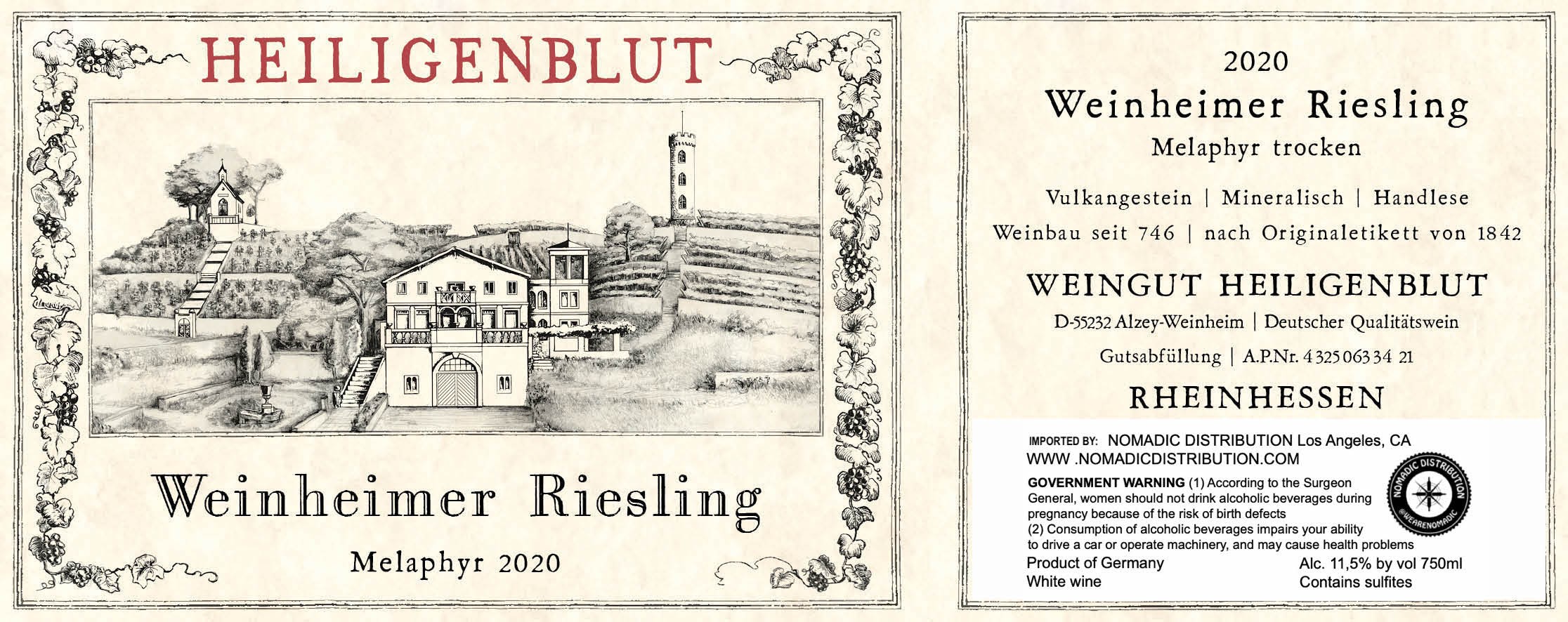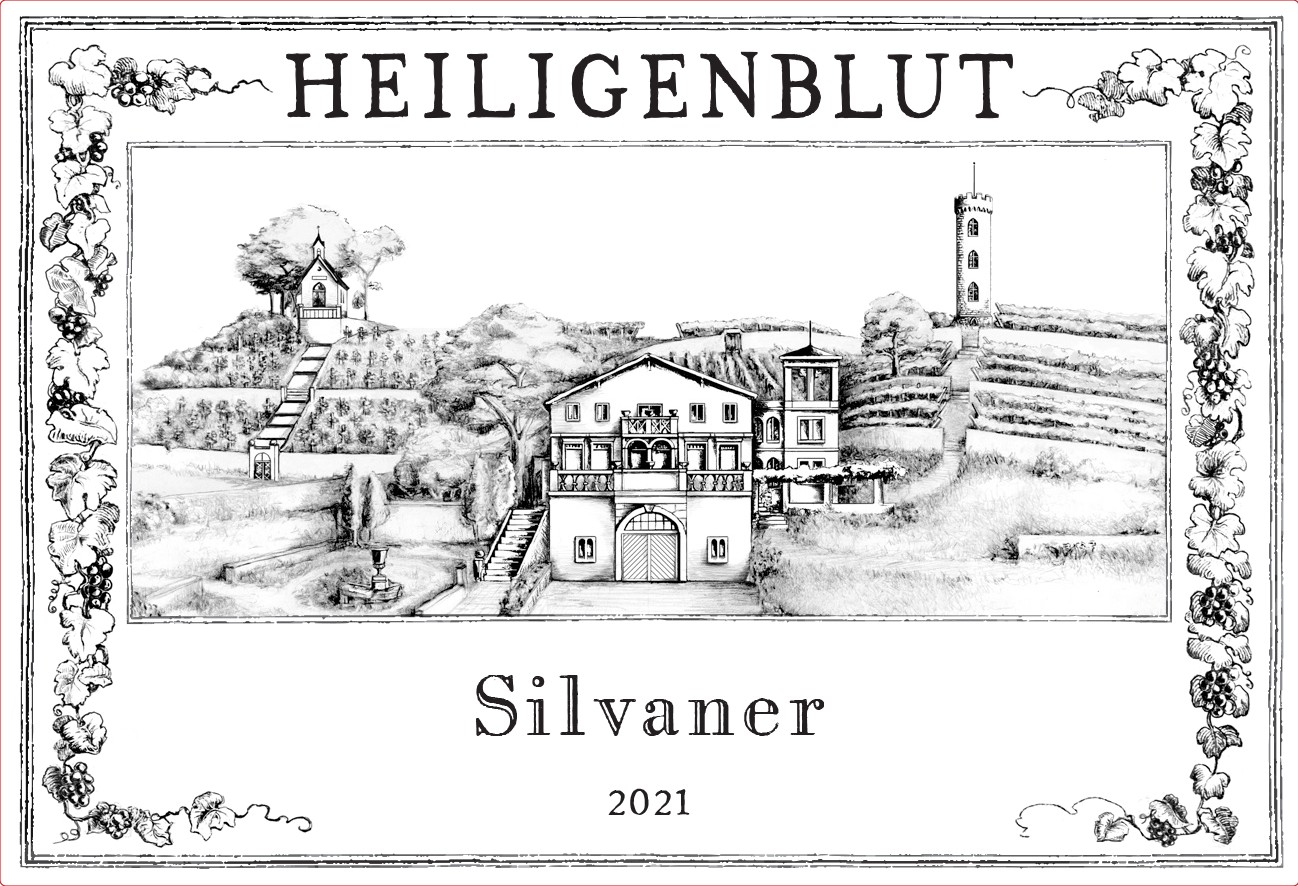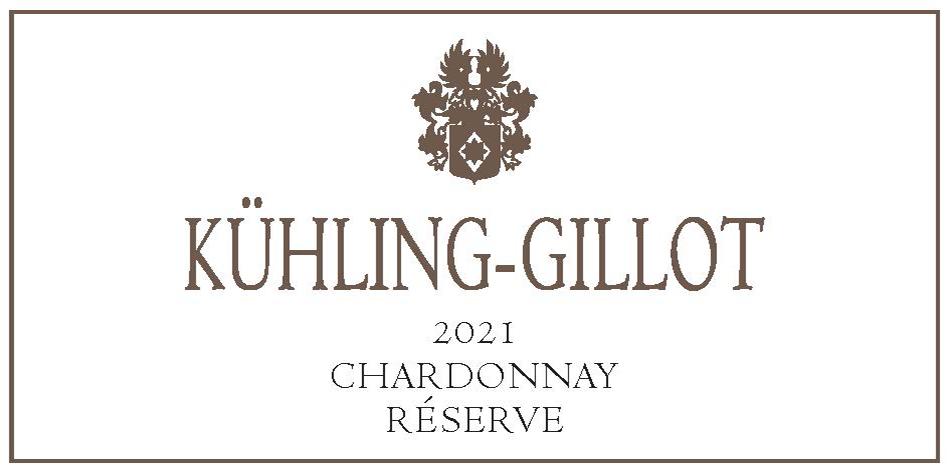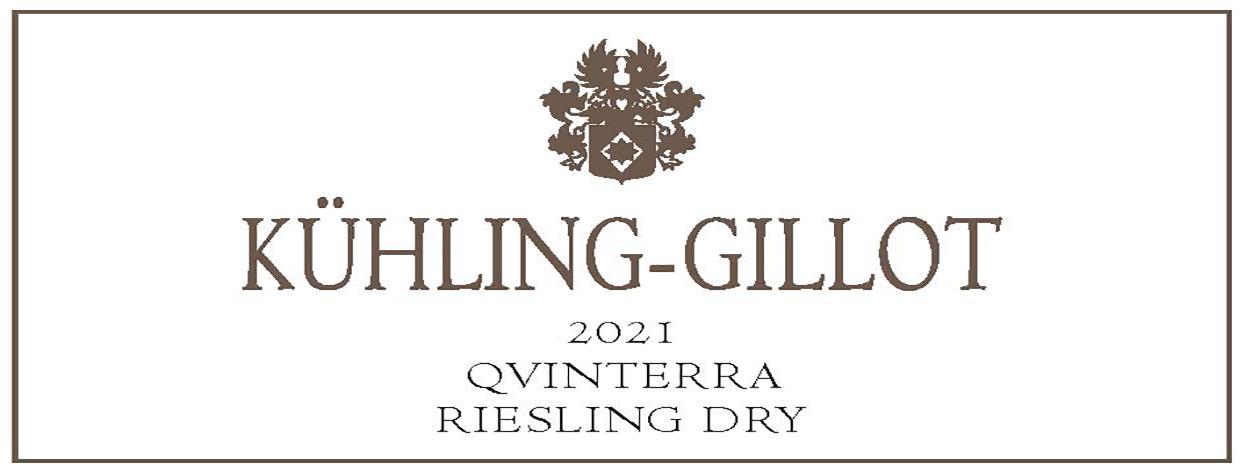Terroir of Rheinhessen
Rheinhessen is one of Germany's warmest and driest regions, enjoying 1,600 to 1,970 hours of sunshine each year and receiving just about 530 mm of rain. This is thanks to the protective "rain shadow" from the Hunsrück, Taunus, and Donnersberg mountains, which shield the vineyards from harsh weather.
The area's diverse terroir includes the famous Roter Hang, with its red clay-slate soil giving Rieslings bold, spicy flavors. The limestone-rich hills of the Wonnegau produce Rieslings with a unique mineral edge and aging potential.
These geological features greatly add to the complexity and quality of the wines. Rheinhessen's sub-regions—Bingen, Nierstein, and Wonnegau—each offer unique elements, supporting both mineral-driven whites and elegant reds, making Rheinhessen a leader in quality wine production.
Notable Wineries in Rheinhessen
Rheinhessen, Germany's largest wine region, has gained a reputation for innovation and quality, with a dynamic range of wineries leading the charge. Notable producers include:
-
Weingut Keller: Based in Flörsheim-Dalsheim, Keller is famous for its exceptional dry Rieslings from the limestone-rich Wonnegau, including the legendary G-Max.
-
Weingut Wittmann: A pioneer in biodynamic winemaking, Wittmann creates strong, structured wines from Westhofen’s limestone soils, matured in large oak barrels.
-
Weingut Gunderloch: Known for setting the standard in Roter Hang, Gunderloch's Rieslings offer rich, spicy minerality from red slate soils.
-
J. Dreissigacker: A top non-VDP estate in Bechtheim, Dreissigacker excels in modern organic winemaking, producing outstanding dry Rieslings and Pinots.
Sustainable Winemaking in Rheinhessen
Rheinhessen is at the forefront of sustainable winemaking, with many vineyards adopting organic and biodynamic practices to enhance the quality of their wines. The focus on healthy soils through composting and cover cropping allows vines to tap into the land's unique characteristics, creating vibrant wines with a true sense of place. This approach not only improves the resilience of vineyards to climate change but also enhances water retention, crucial in this region's warm and dry climate.
Certification from organizations like EU-Bio, Naturland, and ECOVIN reflects the commitment to sustainability. Additionally, the Fair'n Green seal ensures wineries meet comprehensive environmental, social, and economic standards. By embracing these practices, Rheinhessen's winemakers are able to produce premium wines that honor both tradition and innovation, reinforcing the region’s reputation as a leader in quality wine production.
Wine Tourism in Rheinhessen
Rheinhessen, Germany's largest wine region, offers rich wine tourism experiences, easily accessible from Frankfurt. The area features a superb rail network, making it simple to explore without a car.
Visitors can enjoy the Rhein-Terrassen-Weg, a 75-kilometer trail through vineyards like the Roter Hang. This trail is ideal for walking or biking, with themed paths and Hiwwel-Tours.
Rheinhessen's vibrant culture is showcased in its wine festivals, such as the Mainz Wine Market and Bingen Wine Festival, held annually in late summer.
Unique winery experiences range from "Grape Escape" rooms to alpaca hikes and tractor tours with tastings. Many wineries also offer food pairings and educational activities.
These attractions, combined with the region's commitment to sustainable winemaking, highlight Rheinhessen's transformation into a hub of quality wine production, making it a leading destination for wine enthusiasts.



